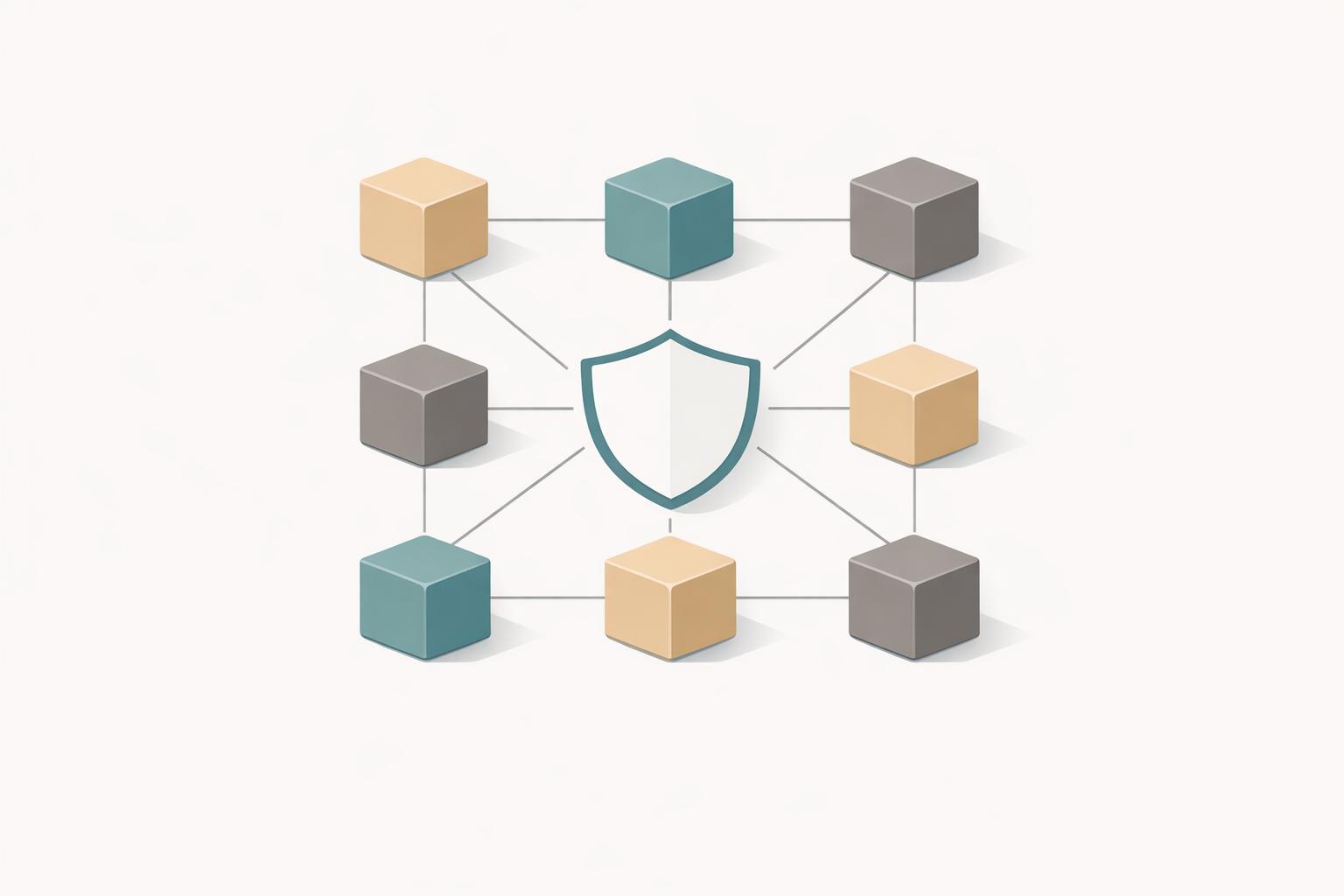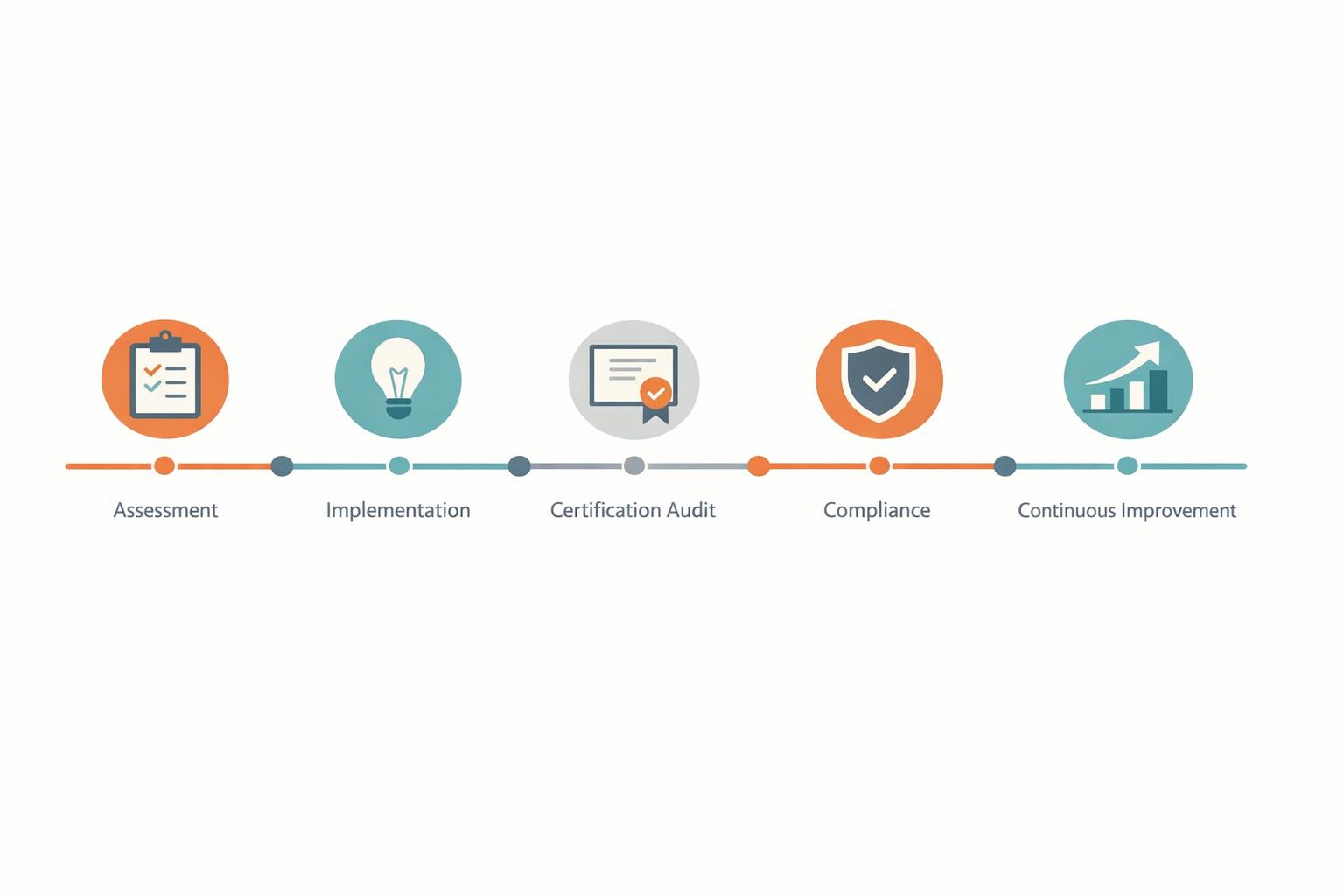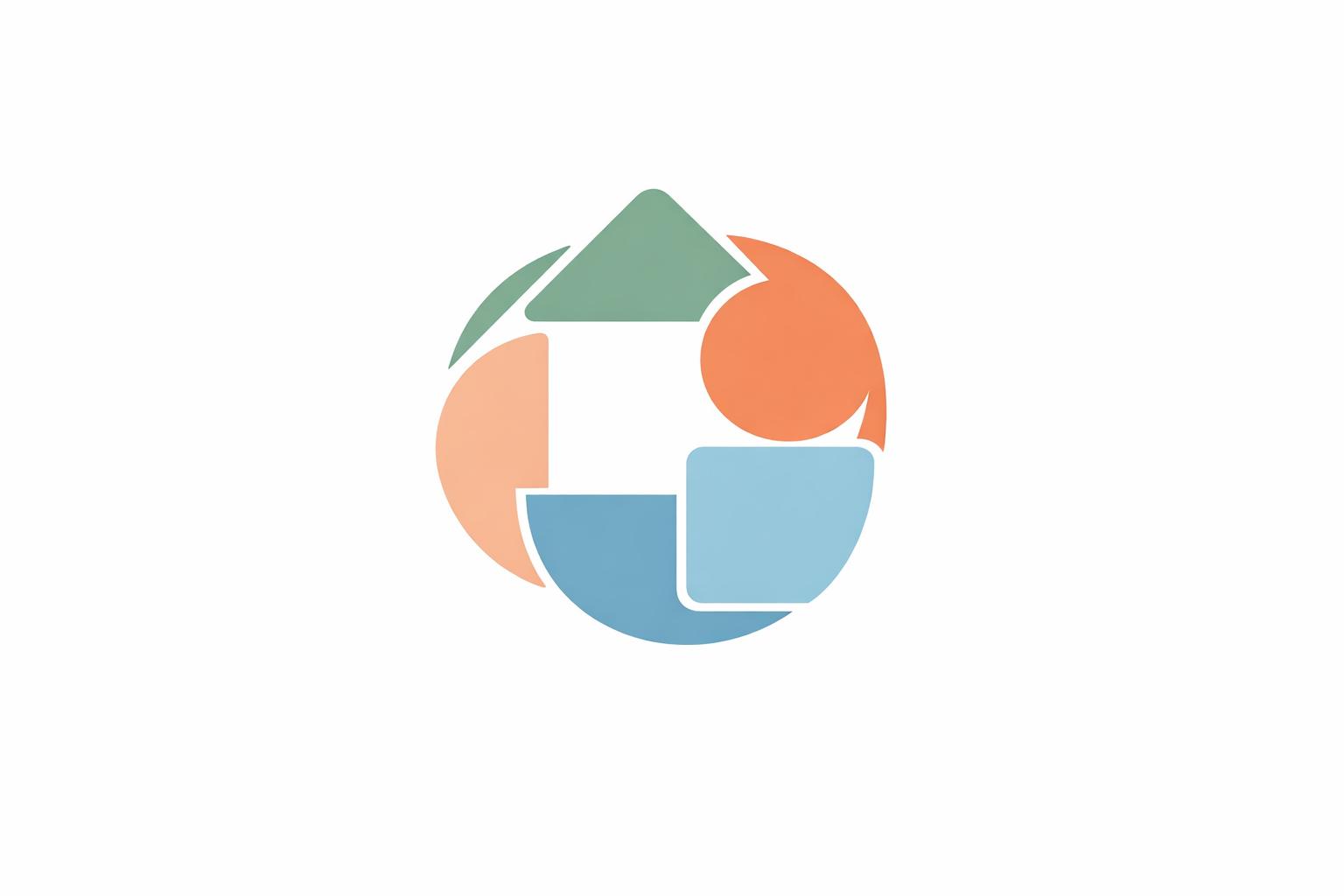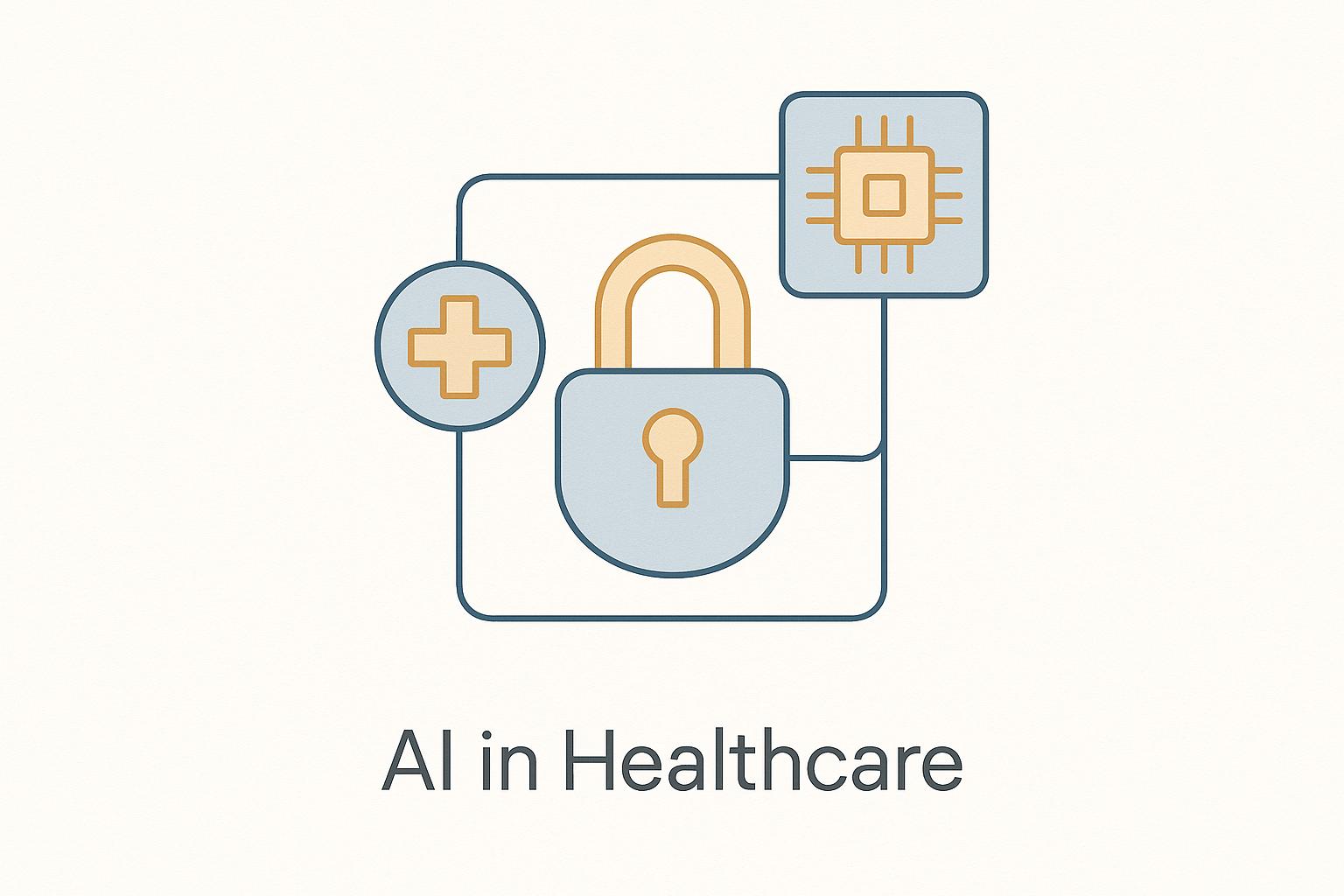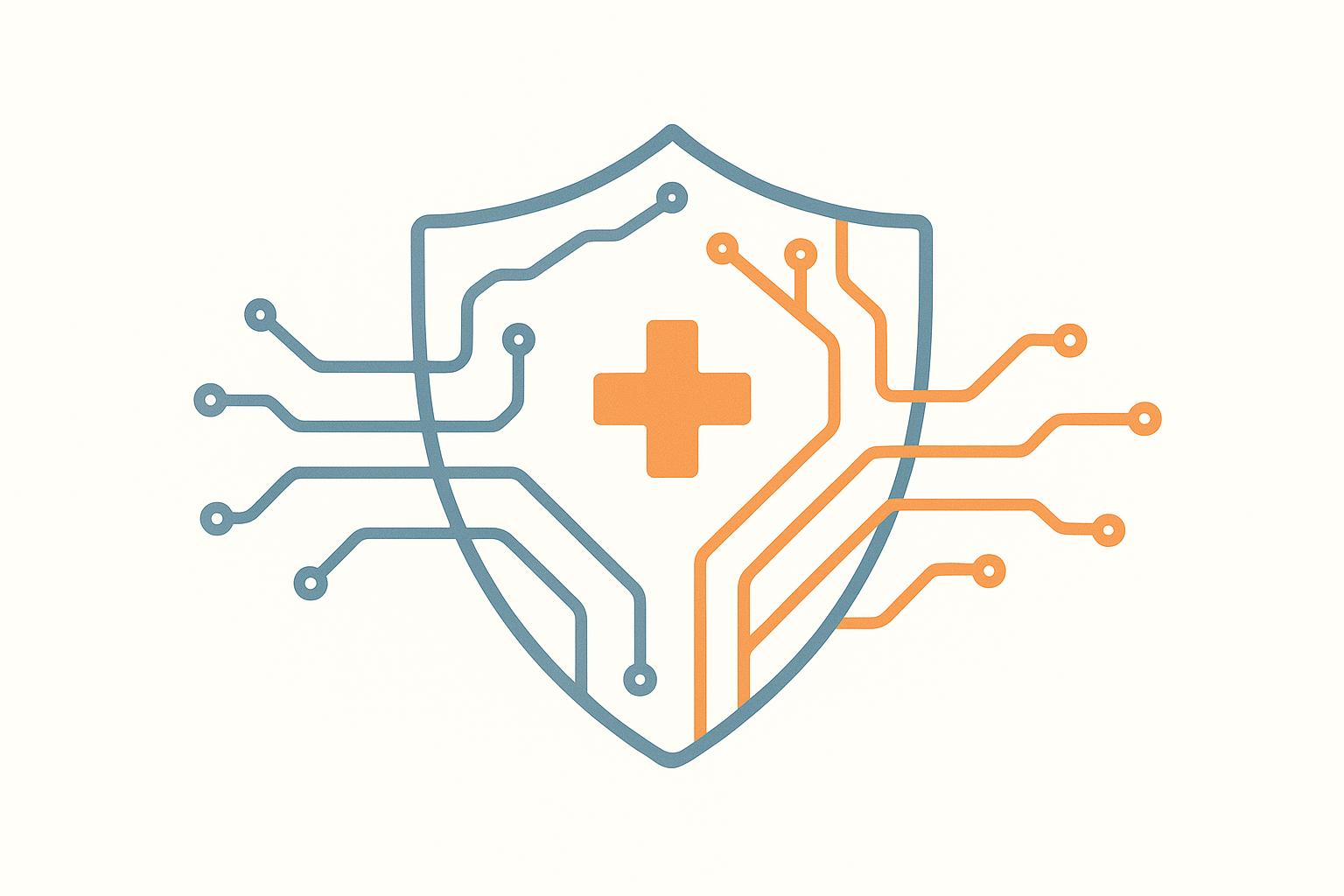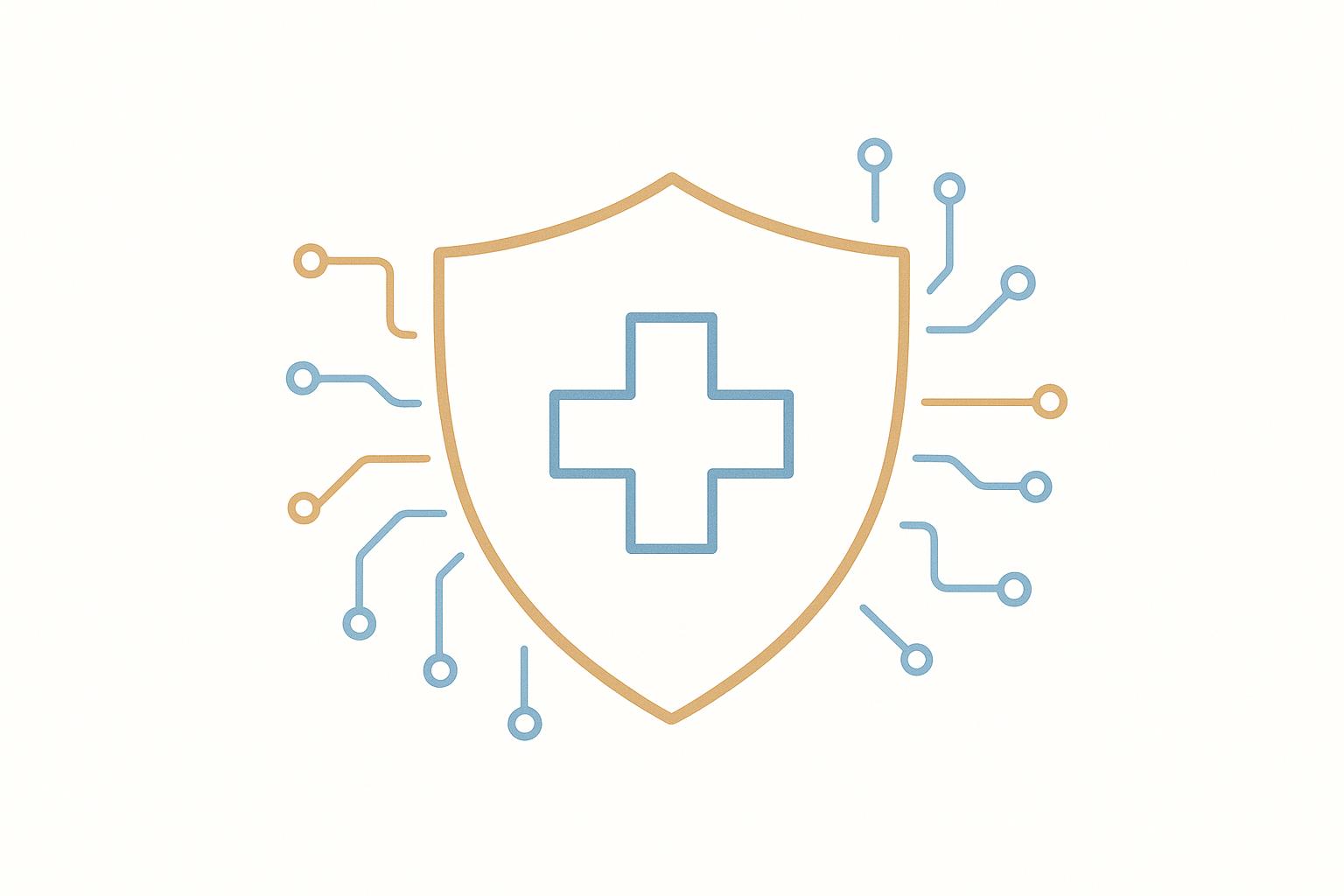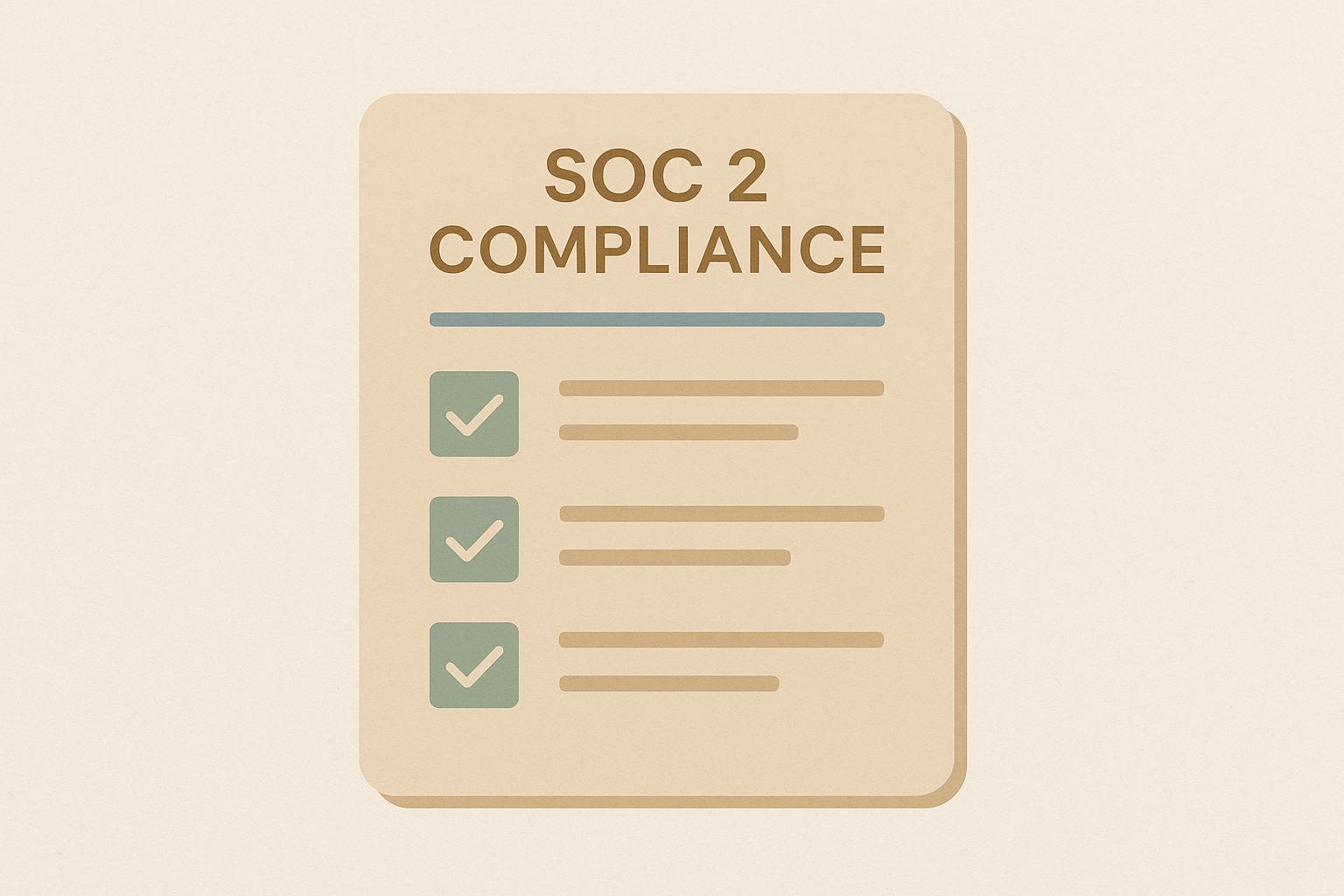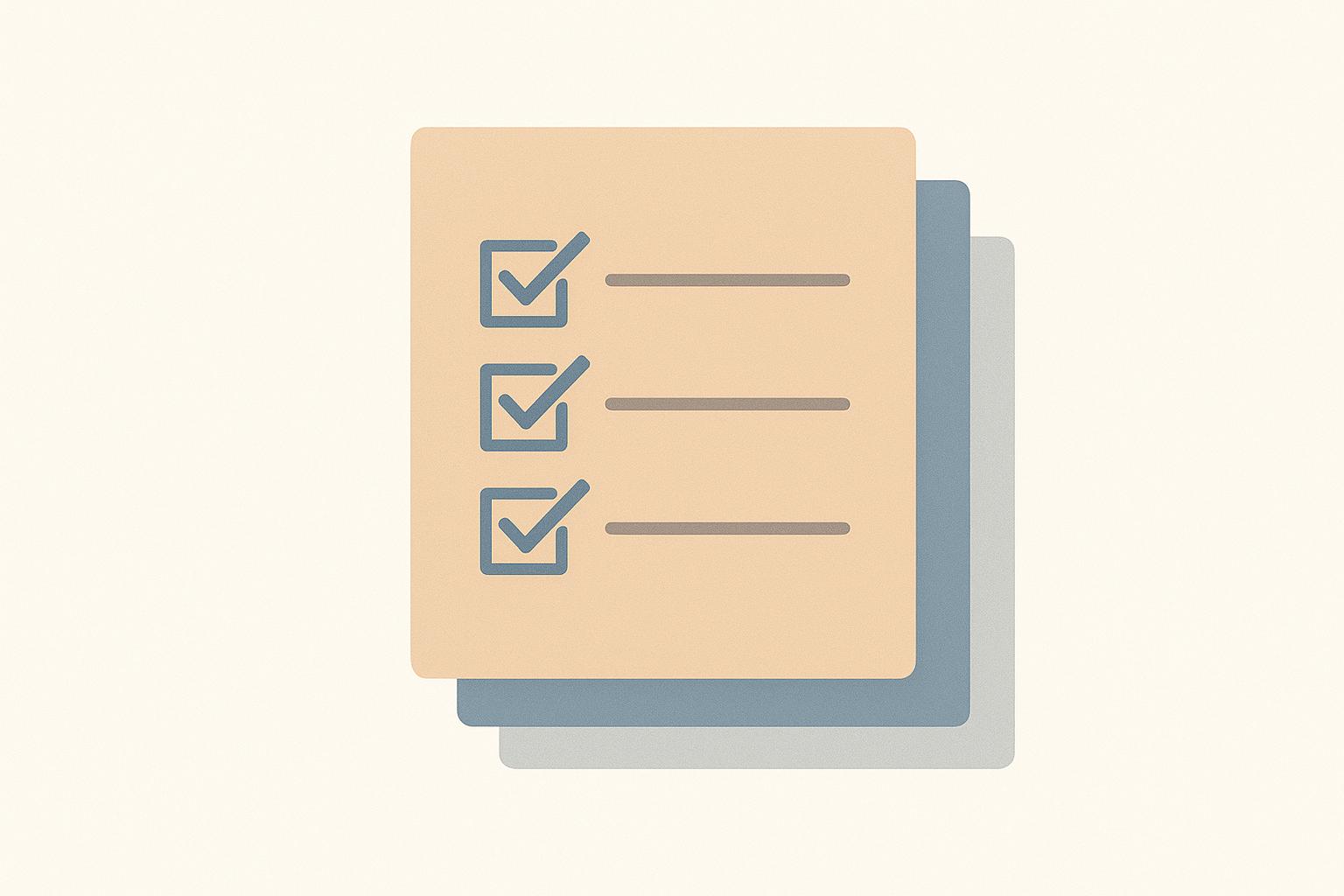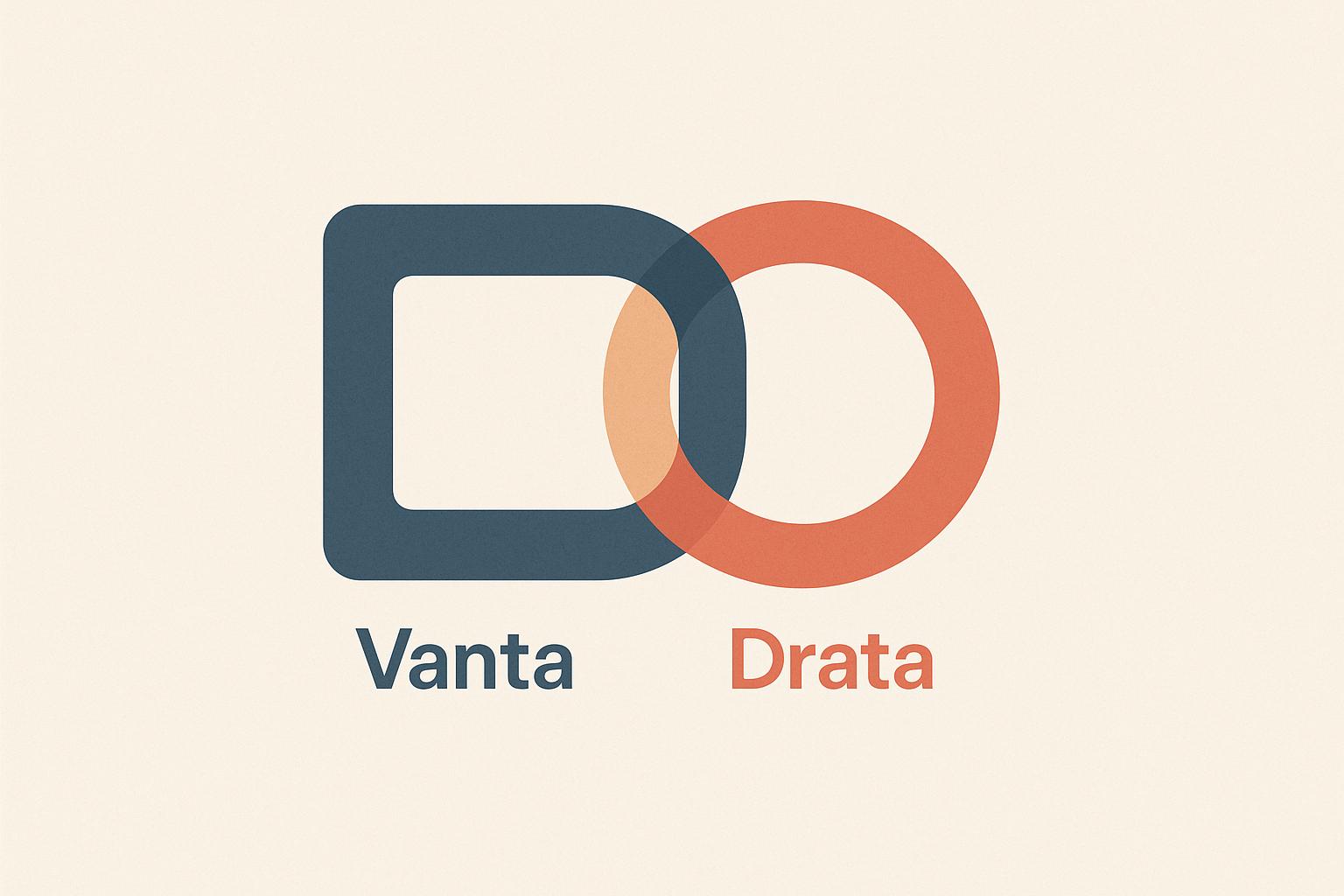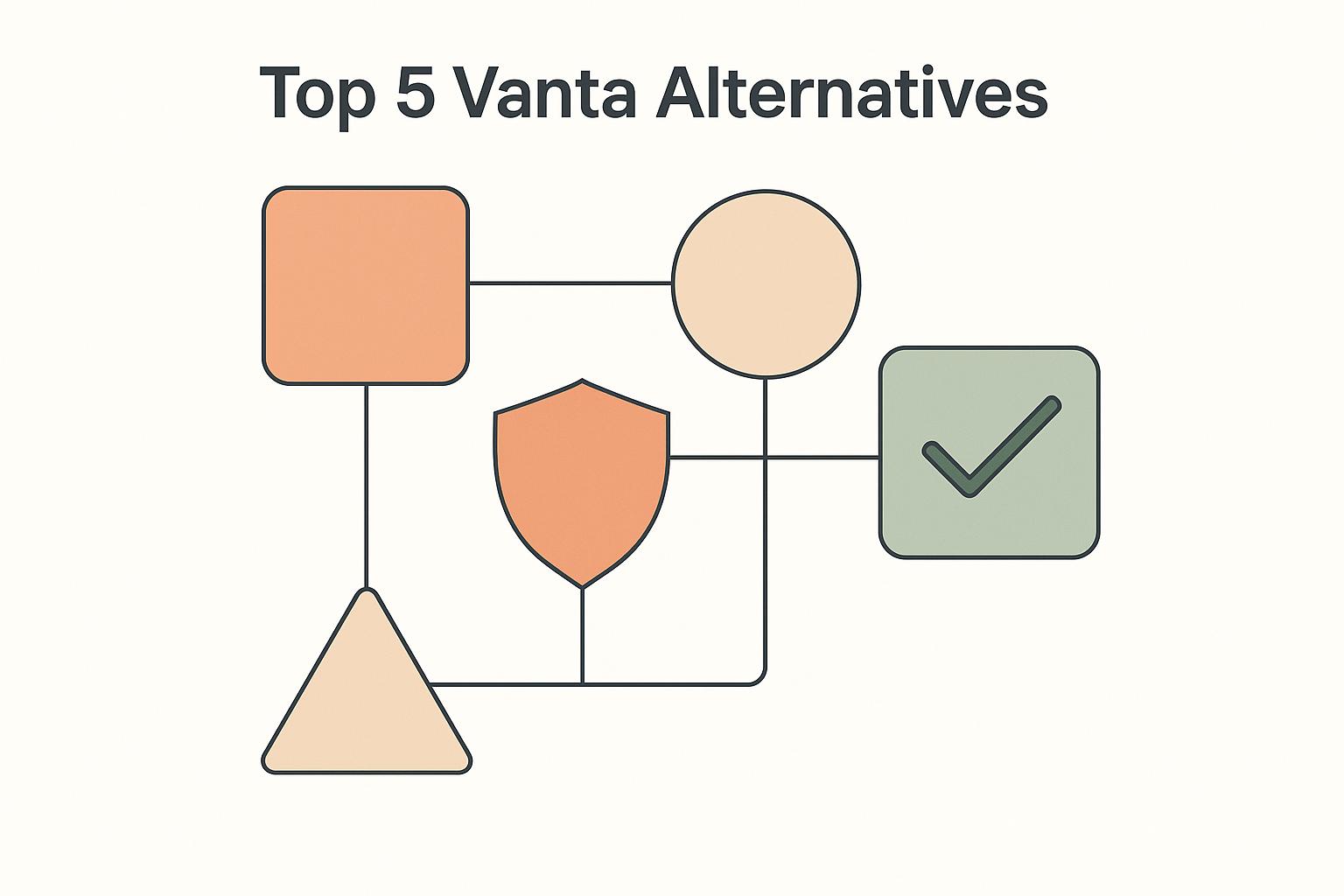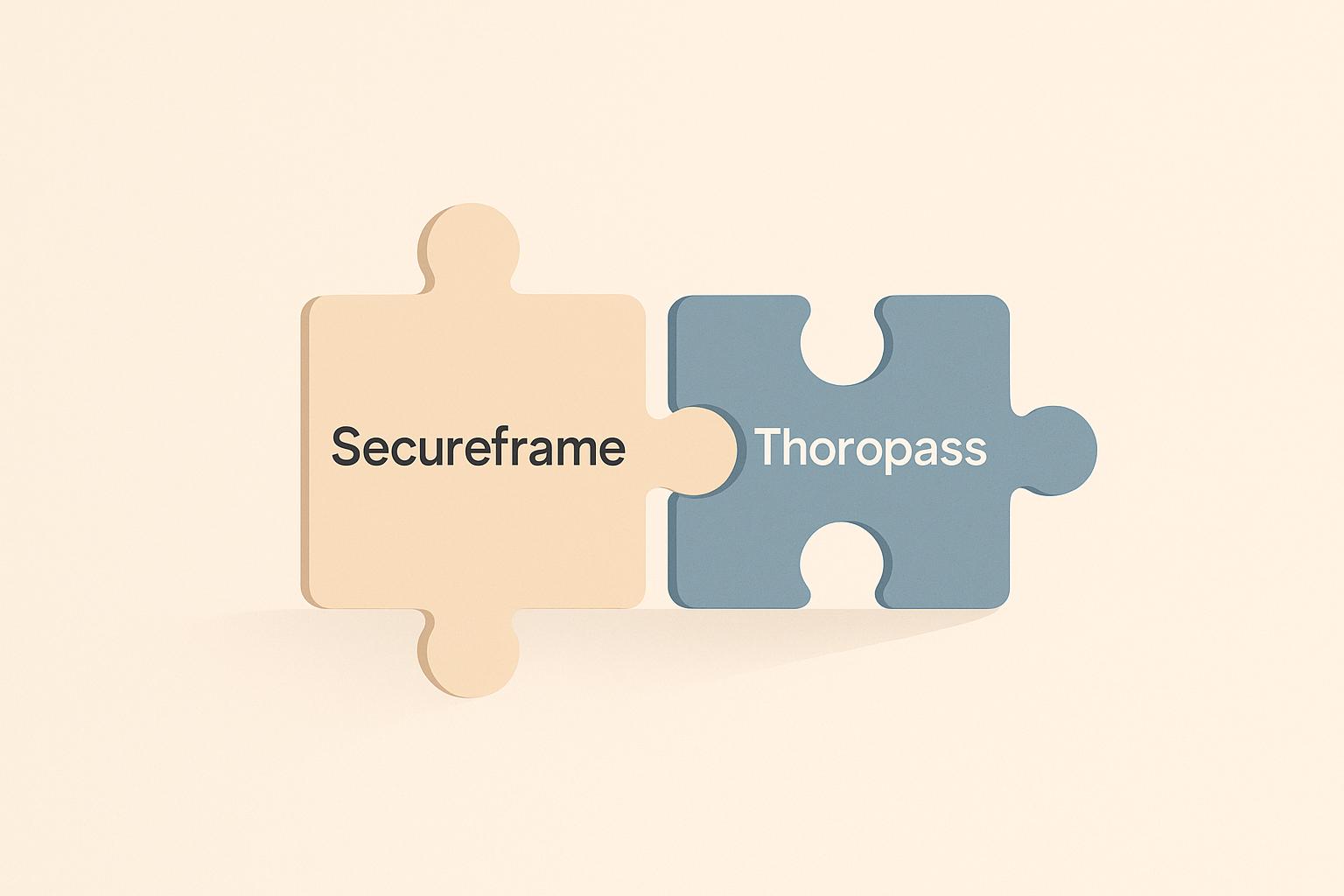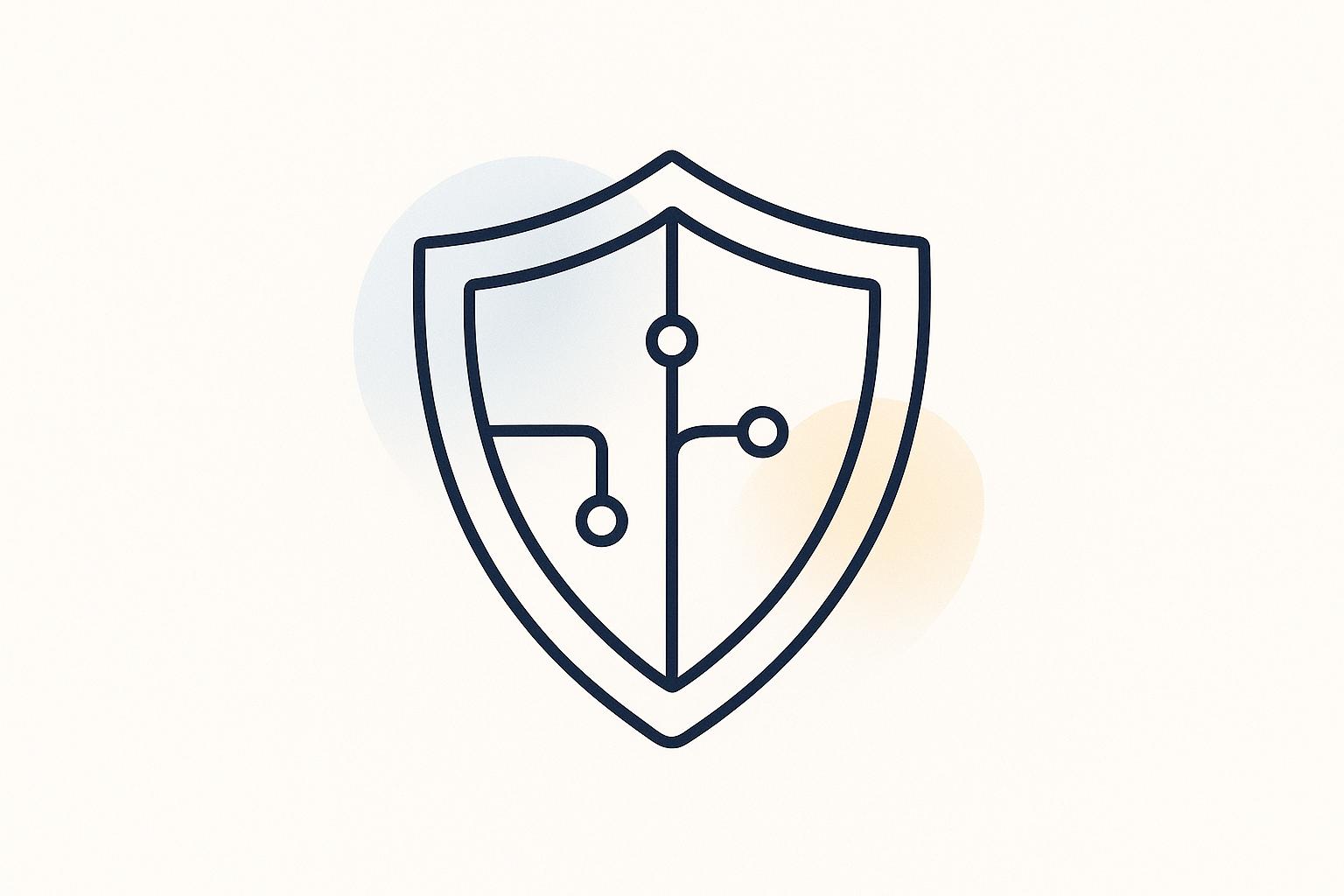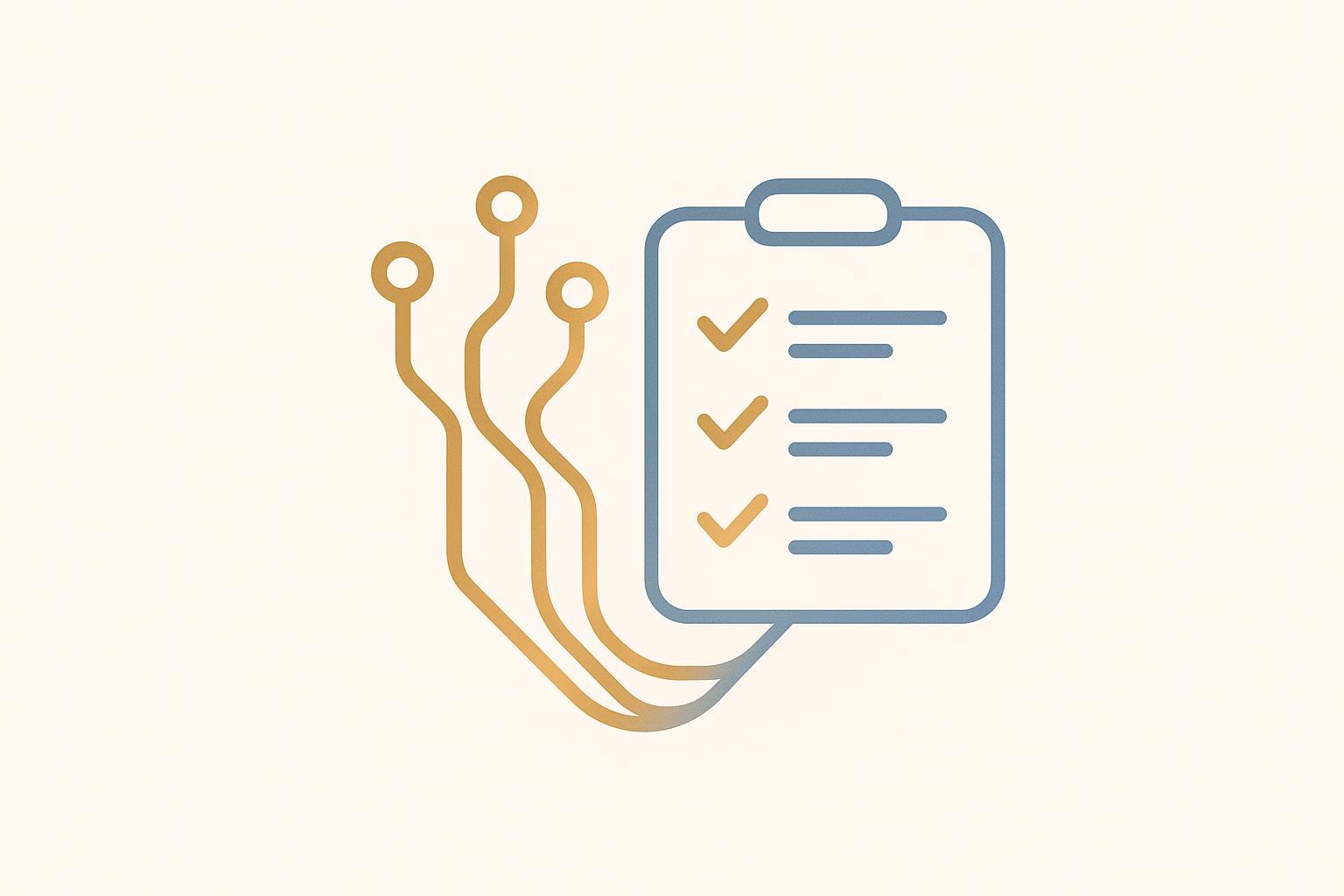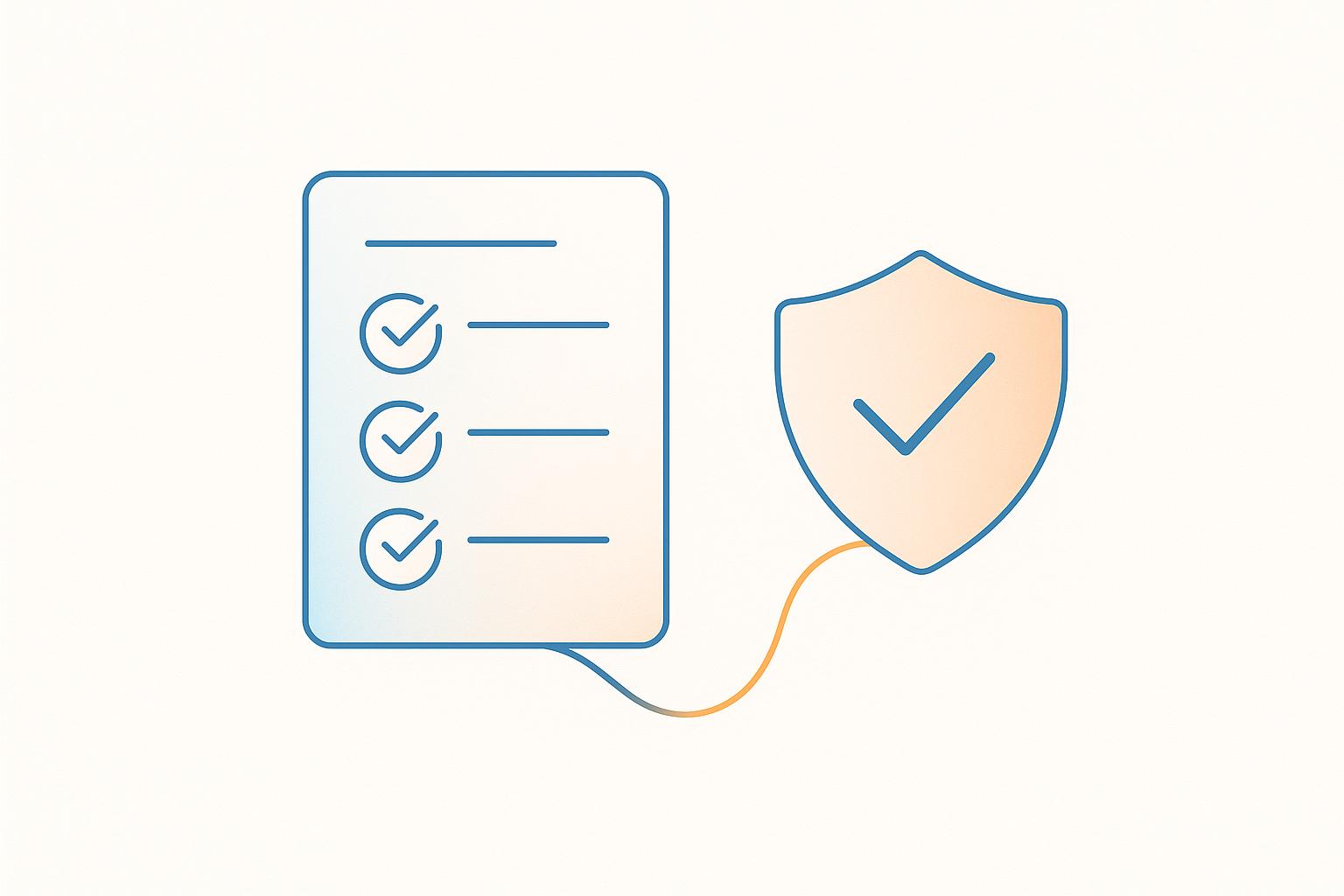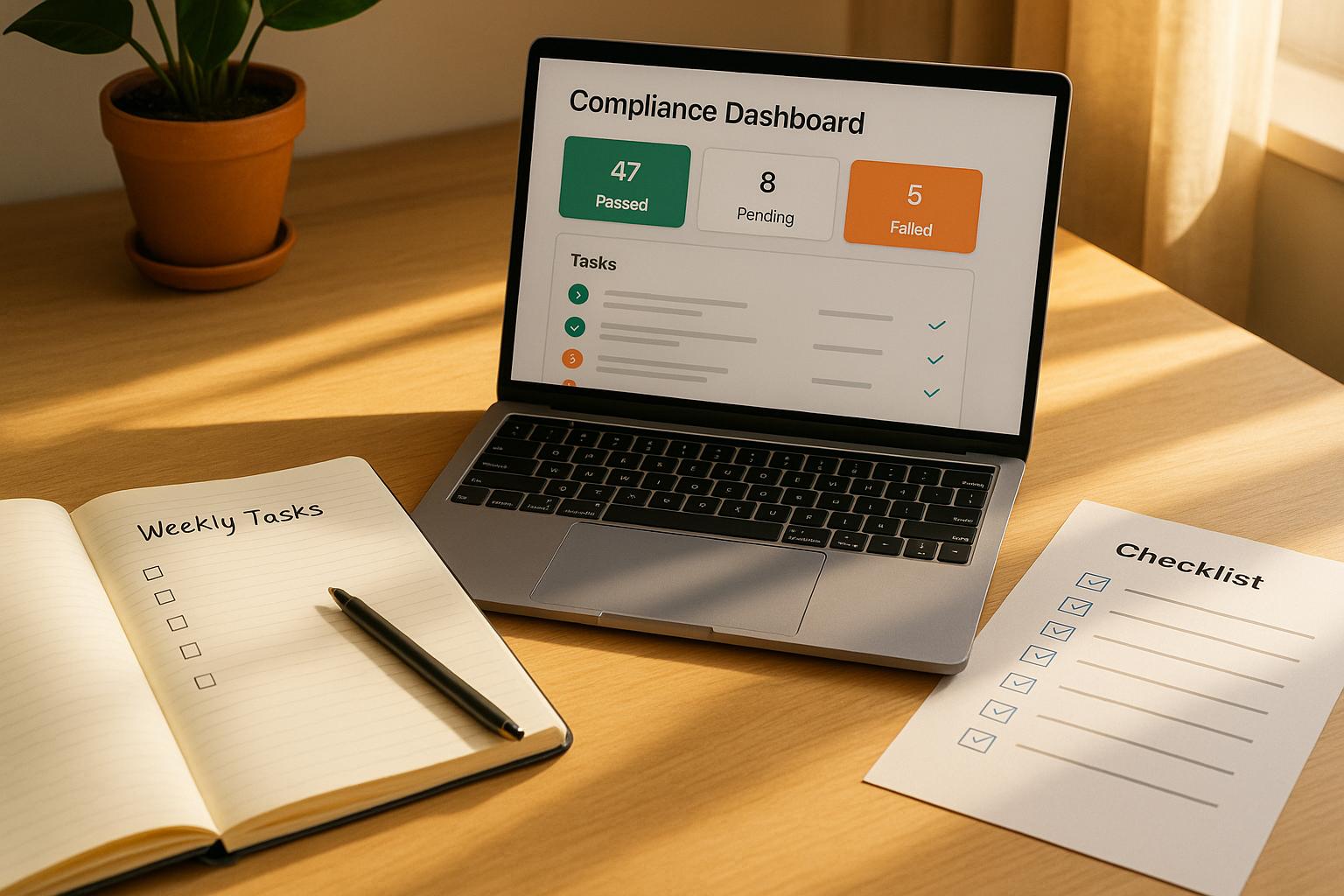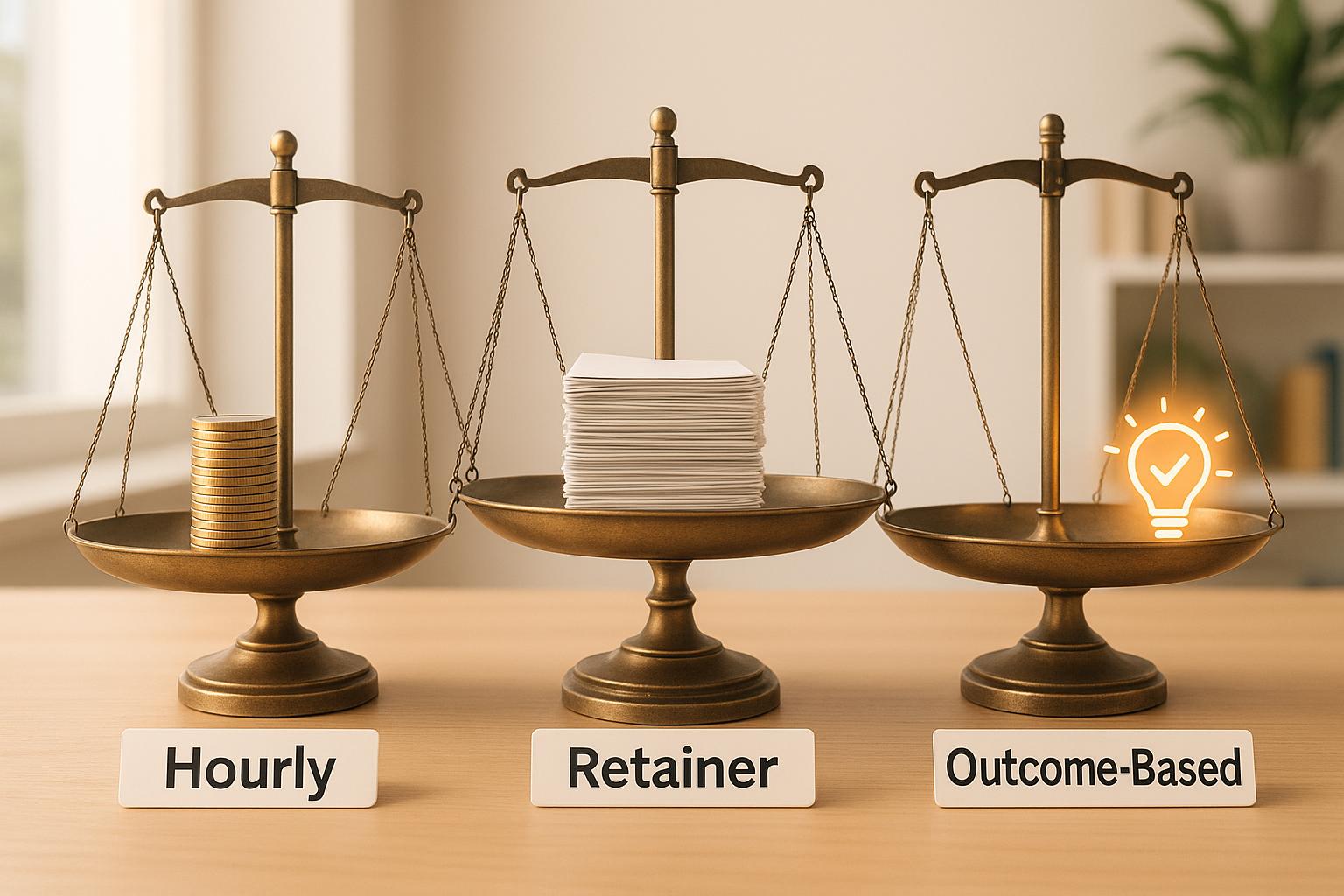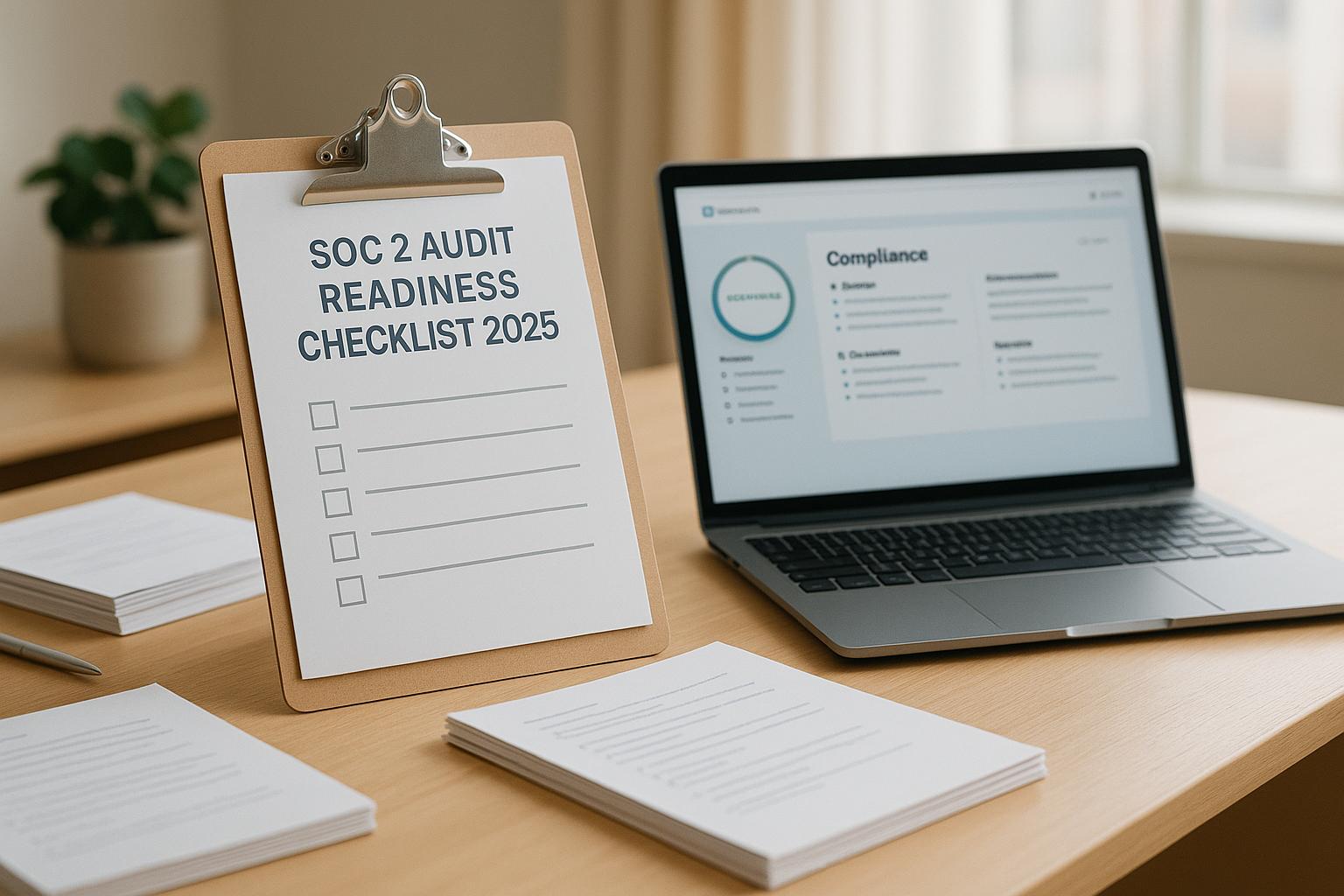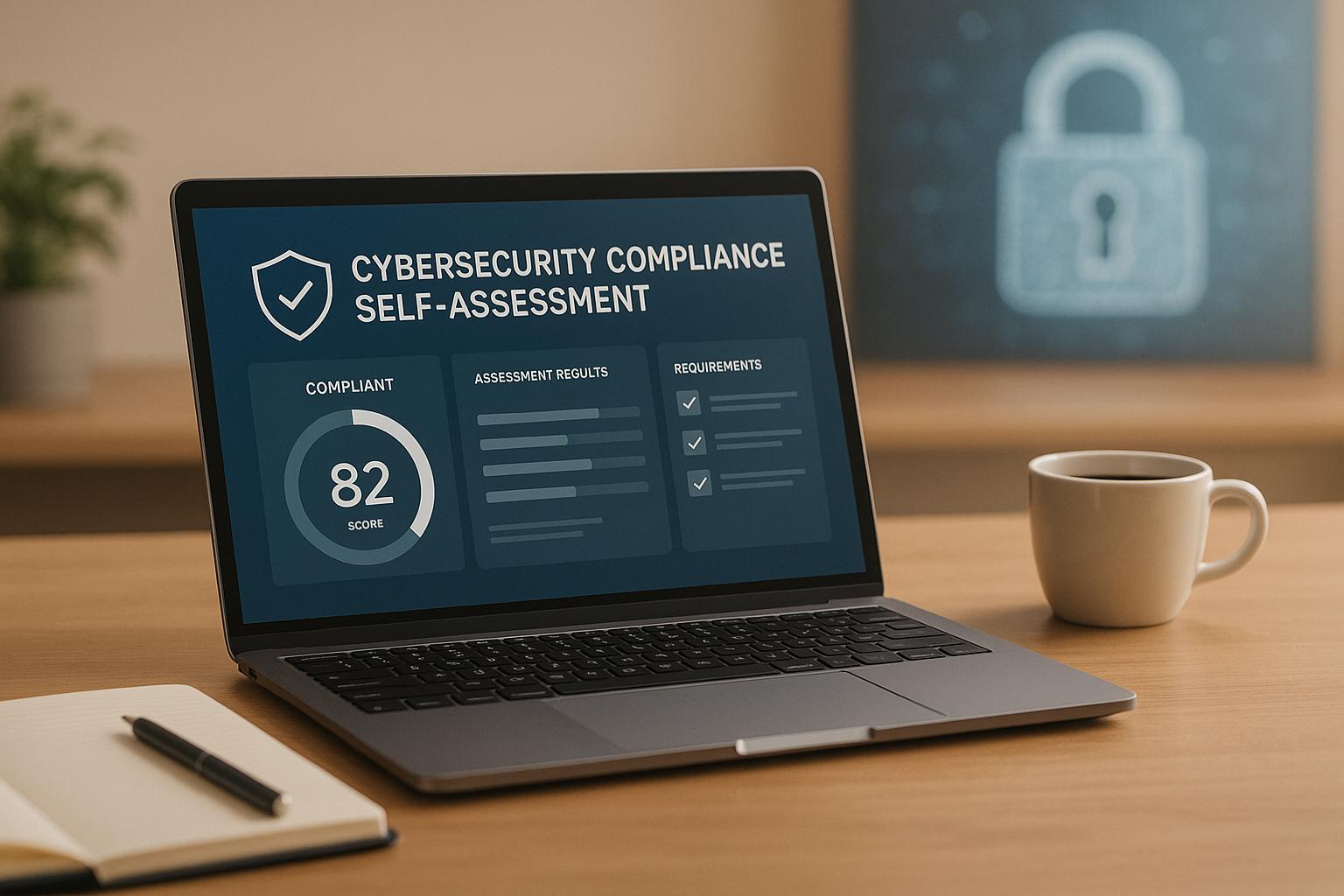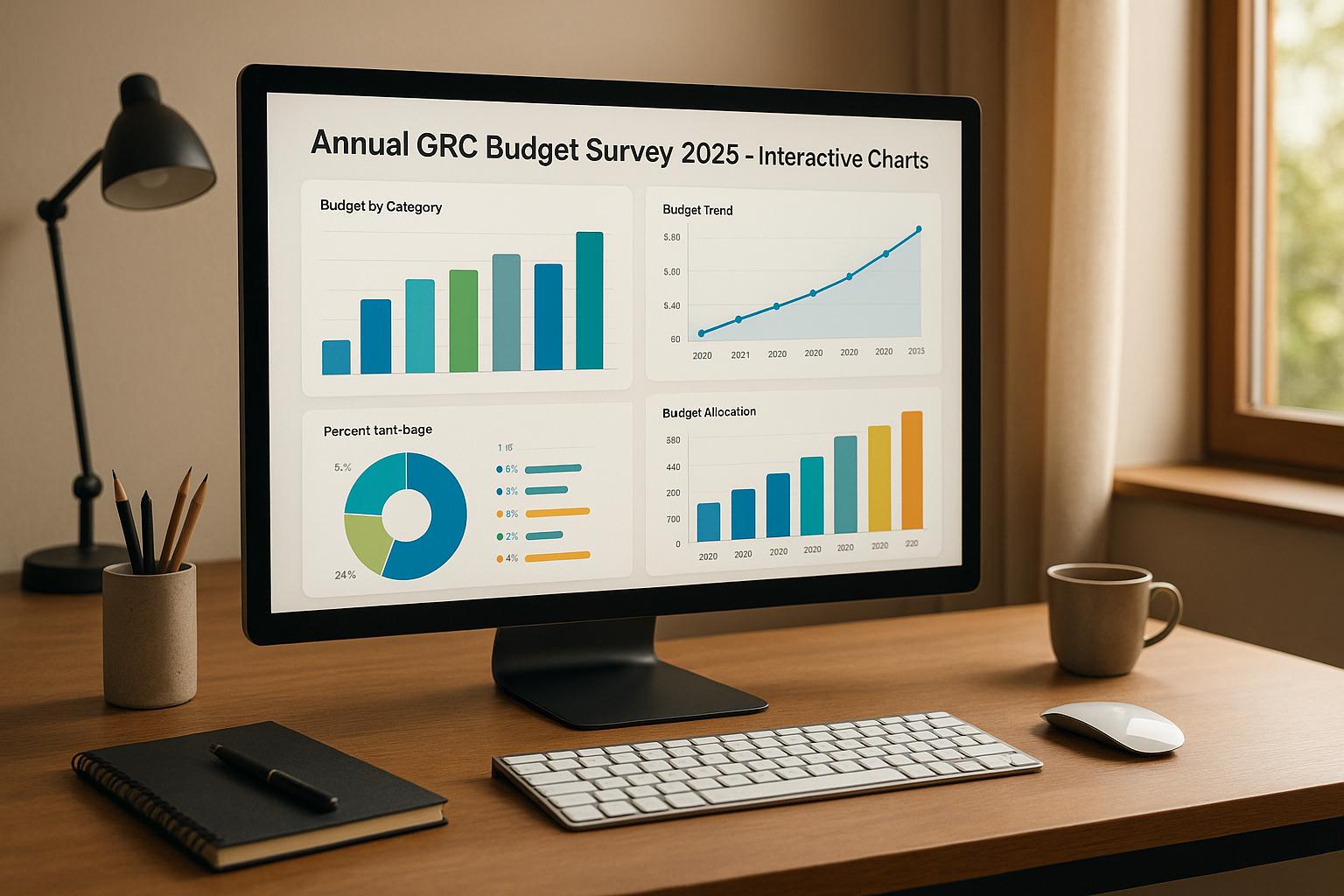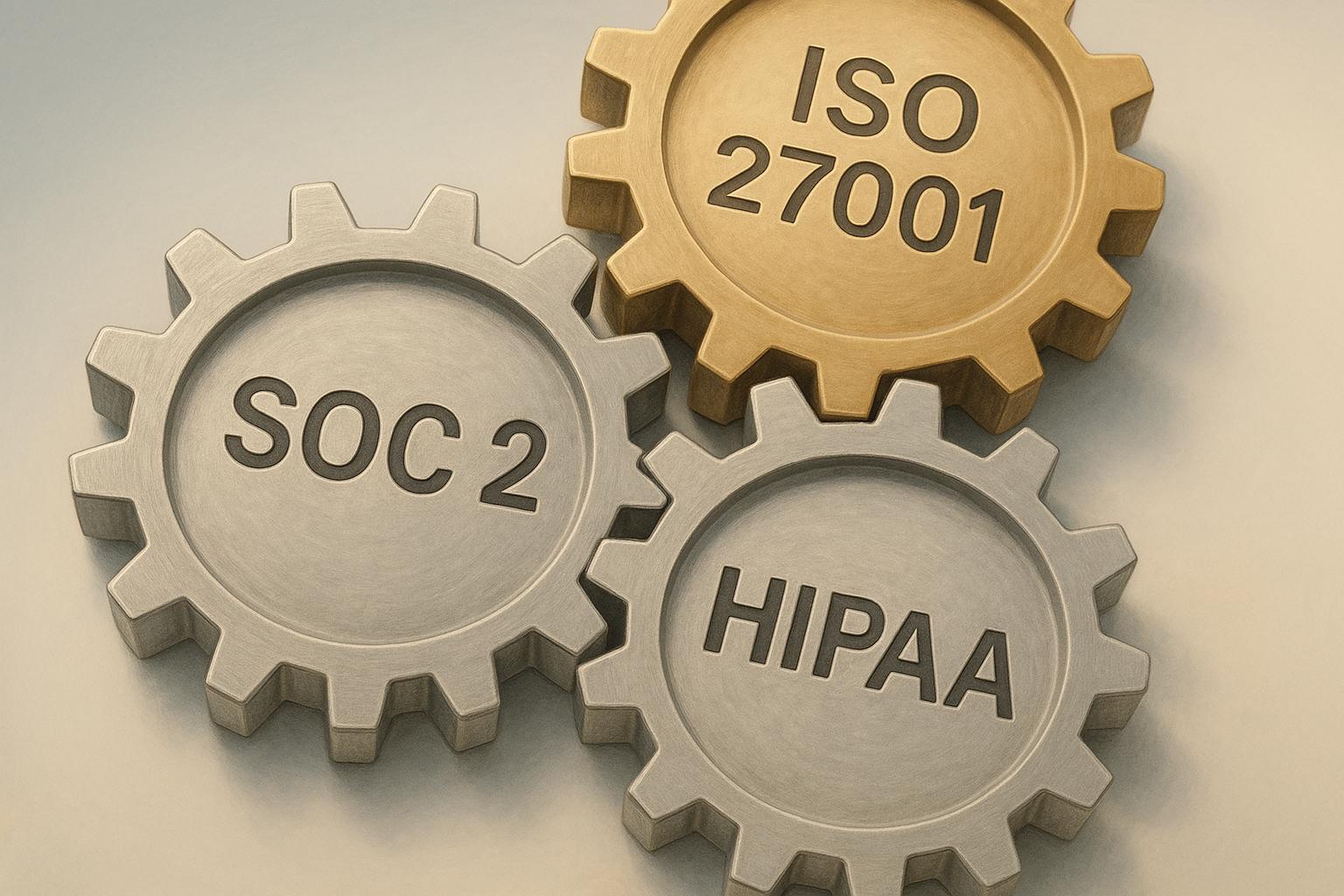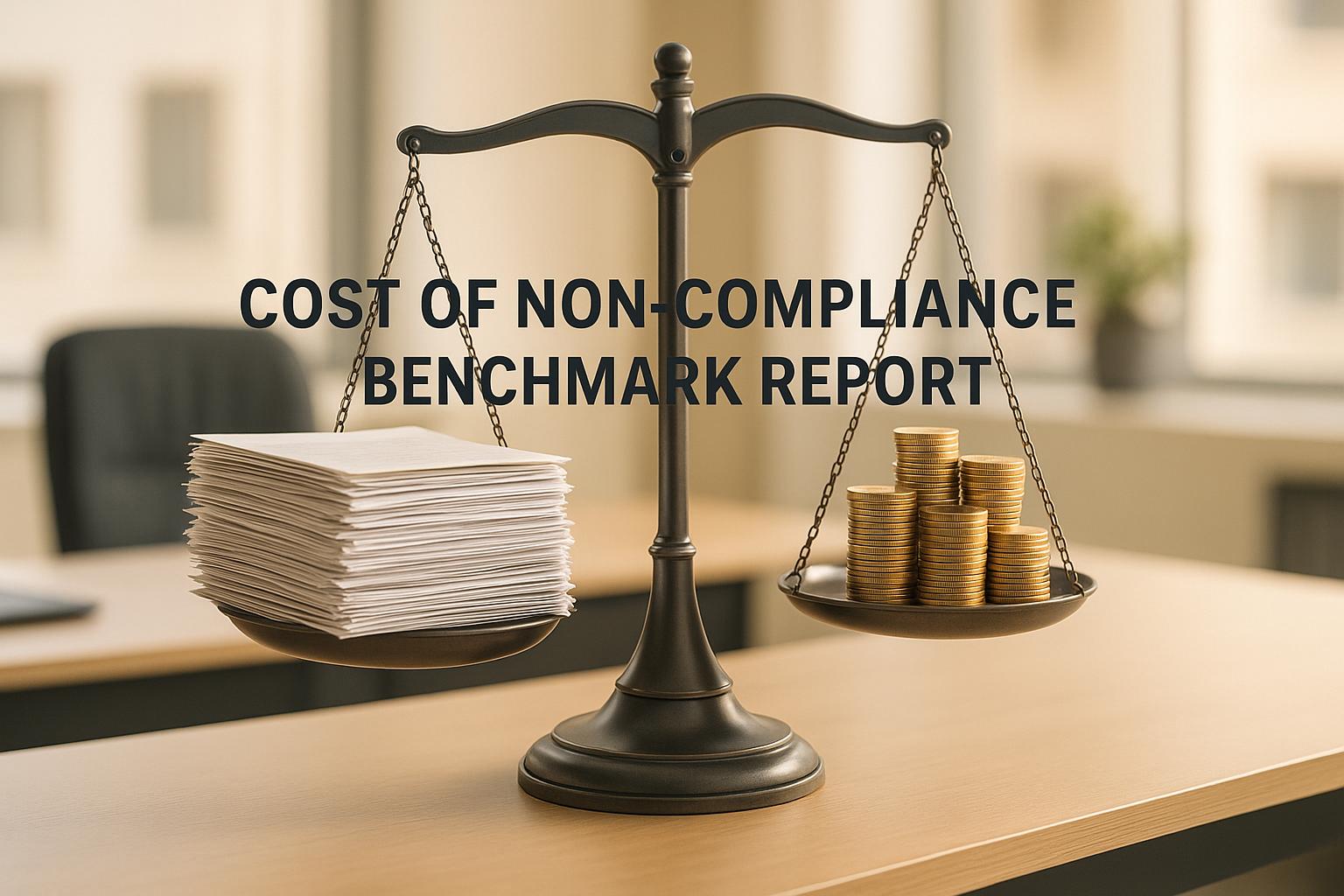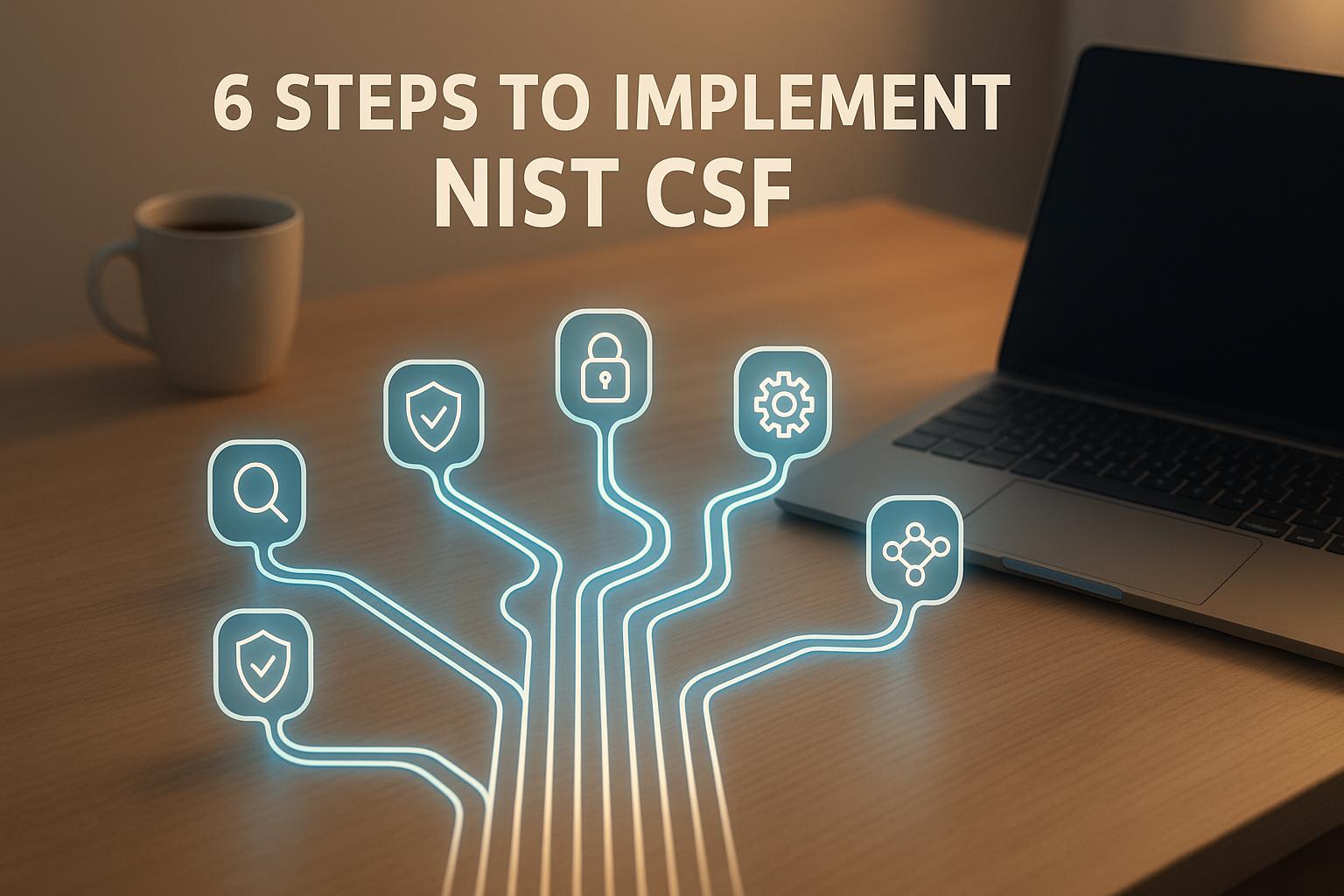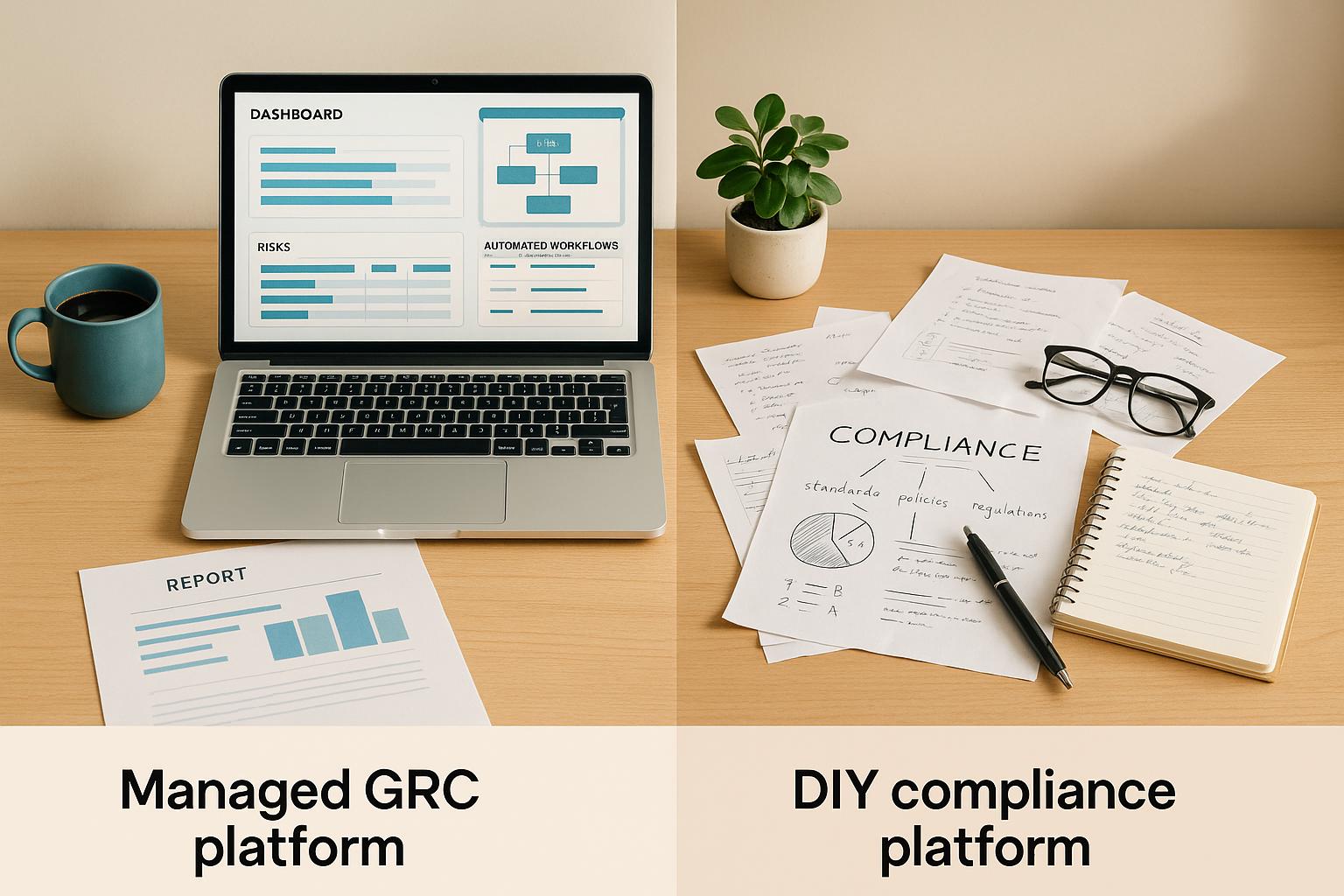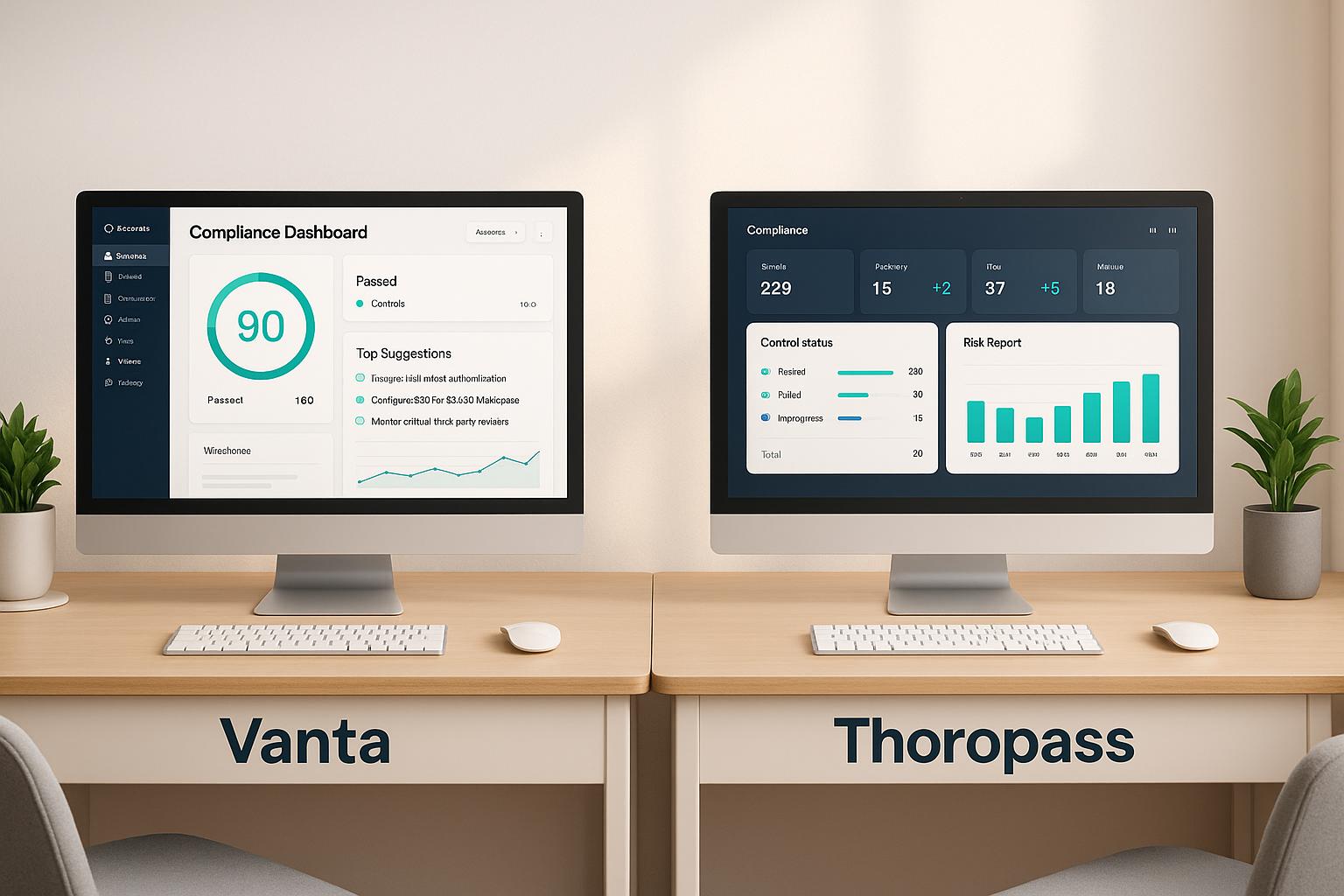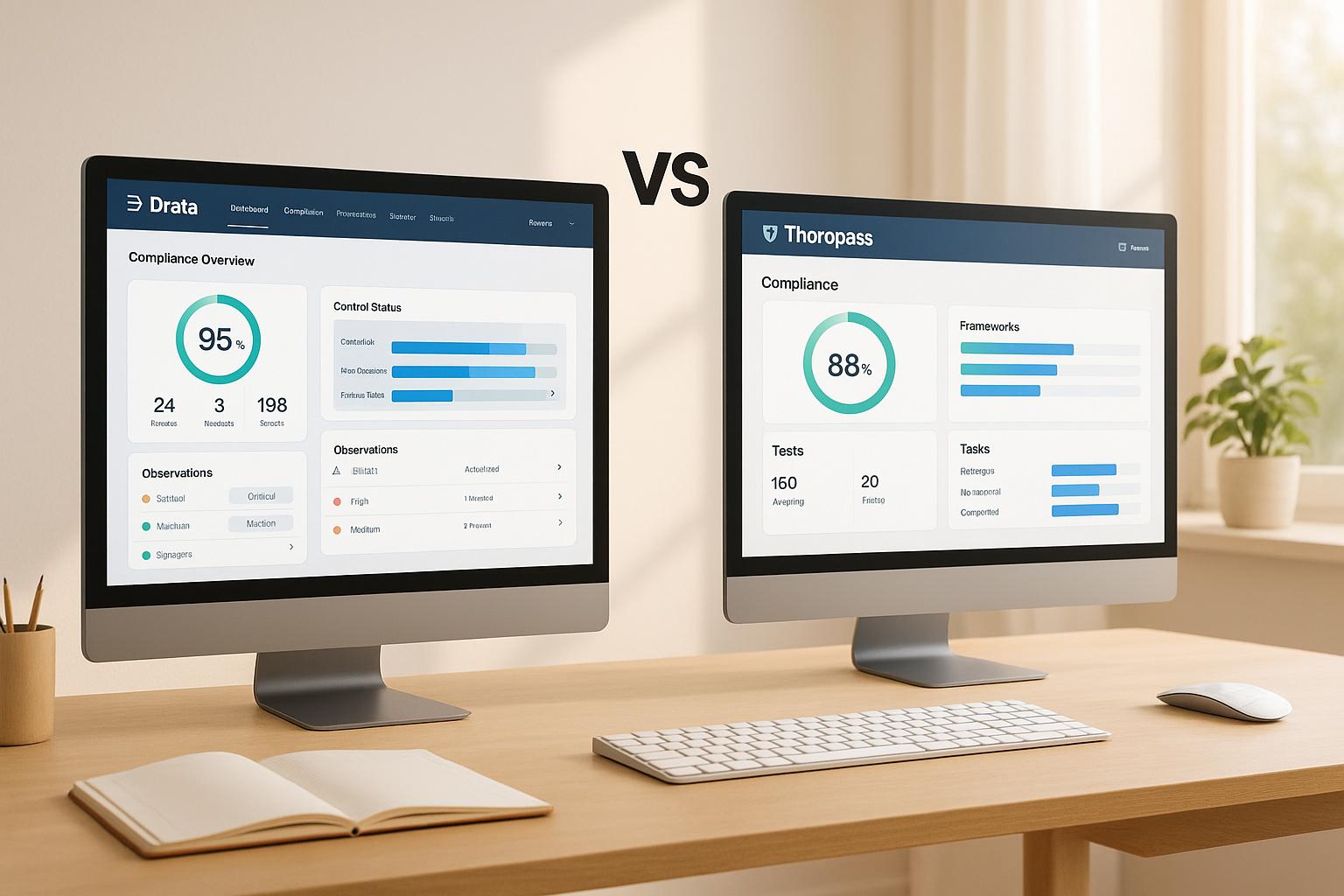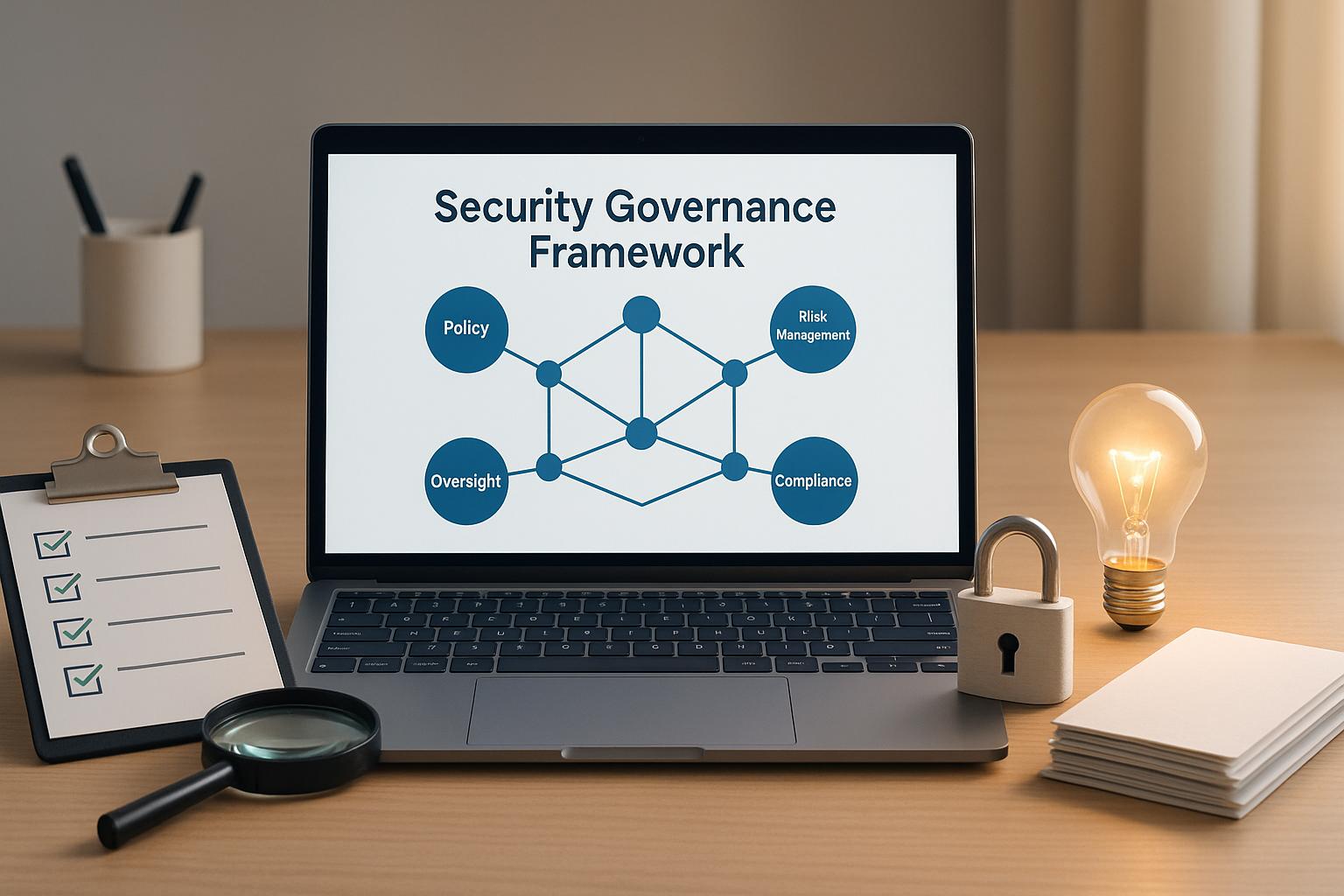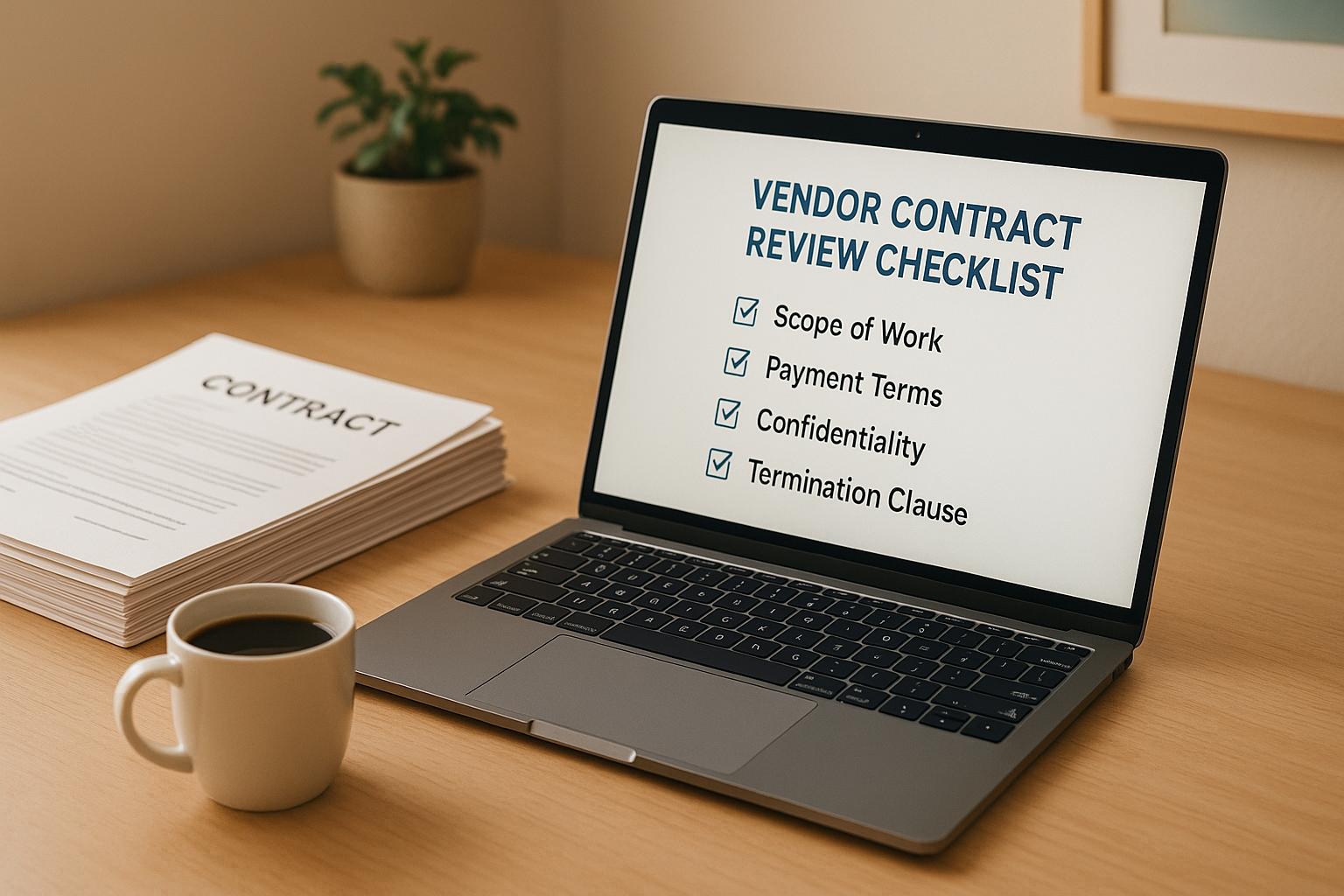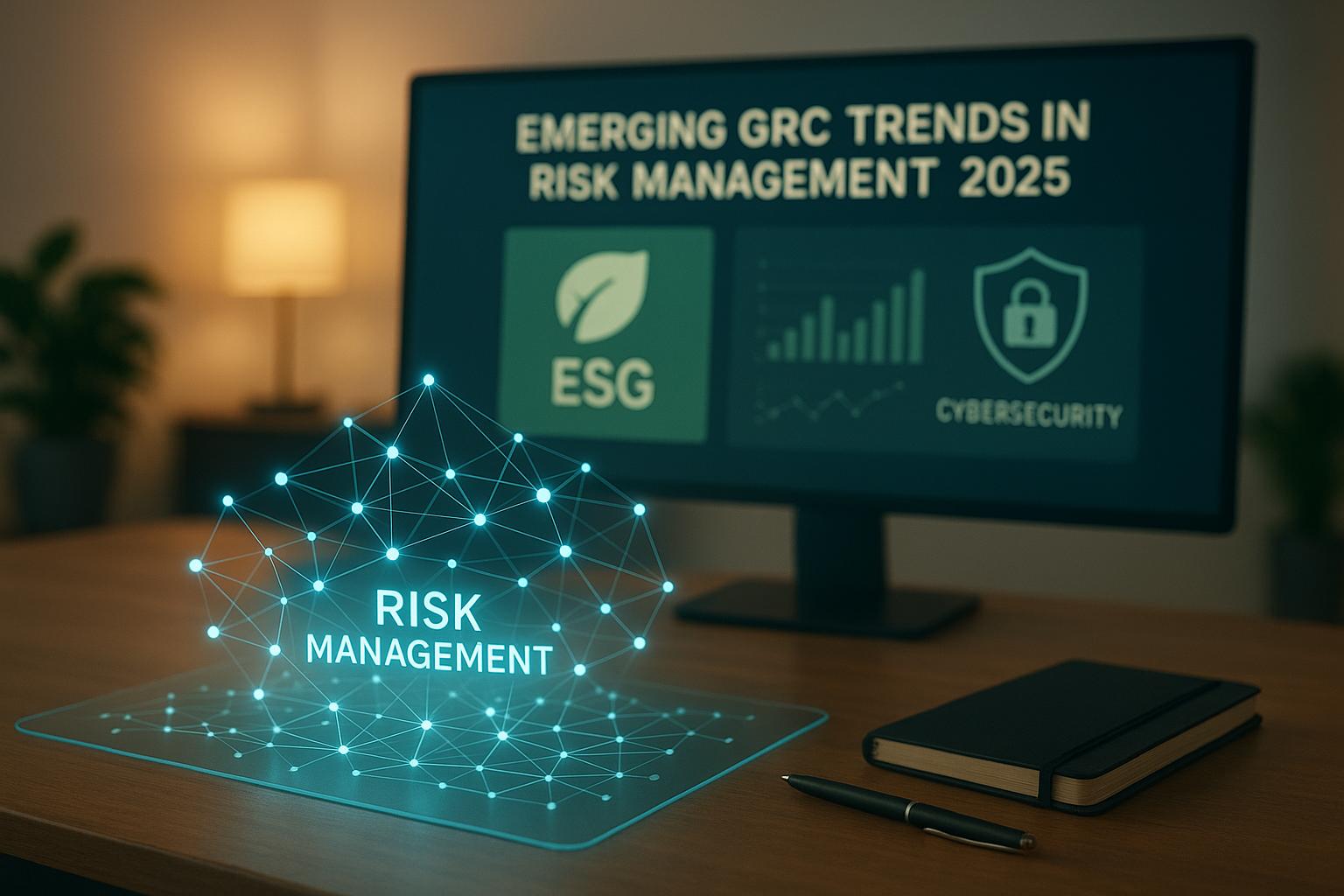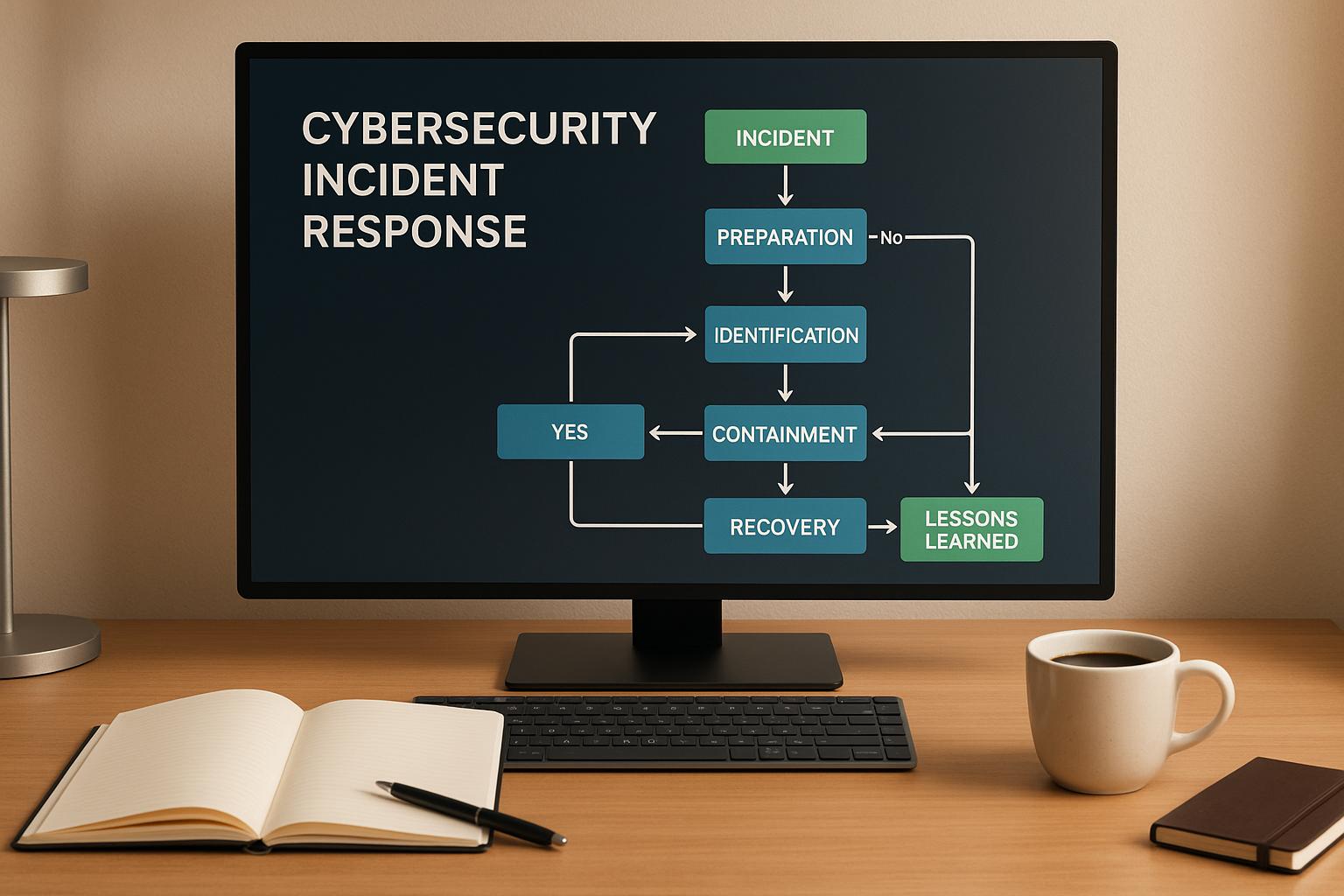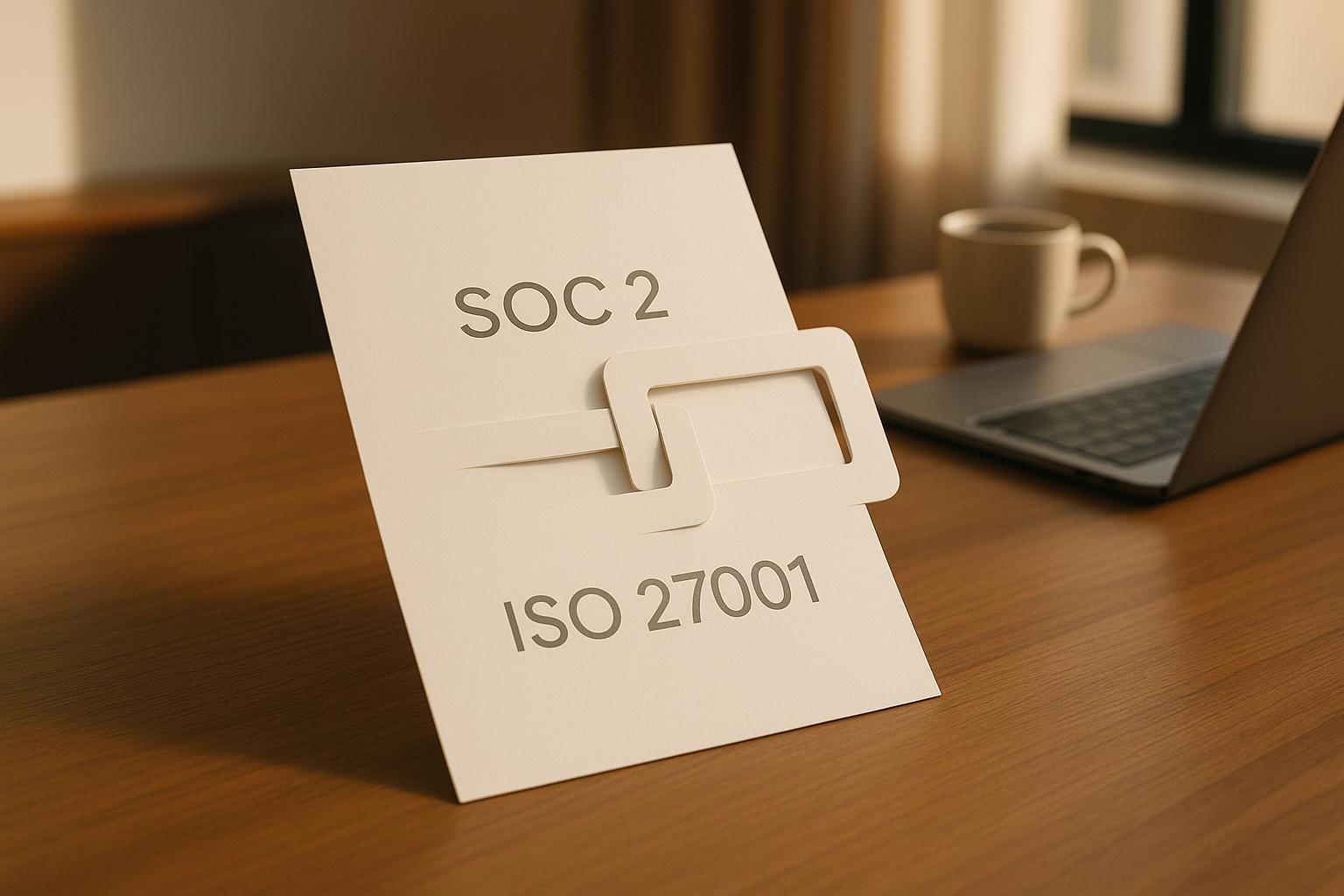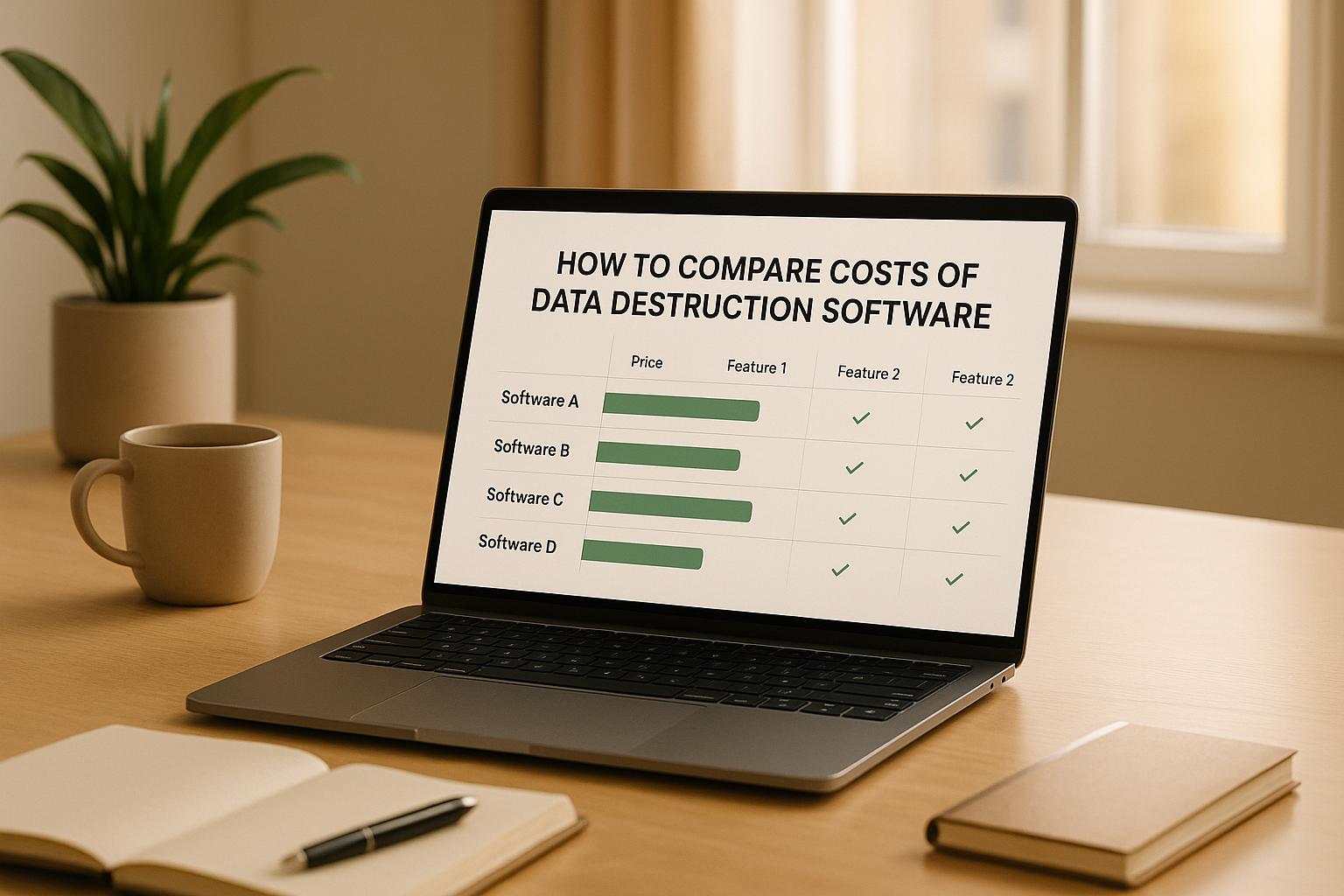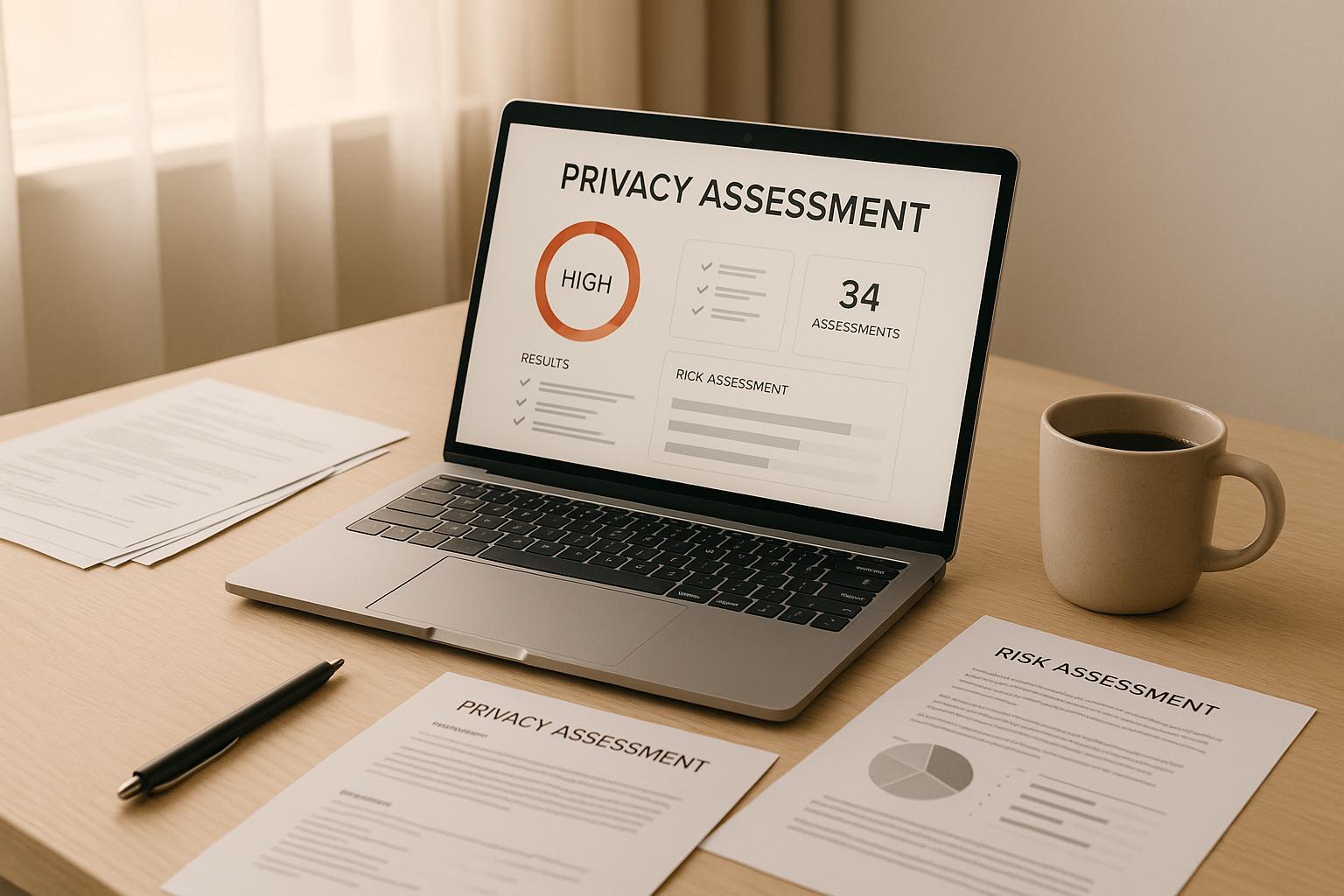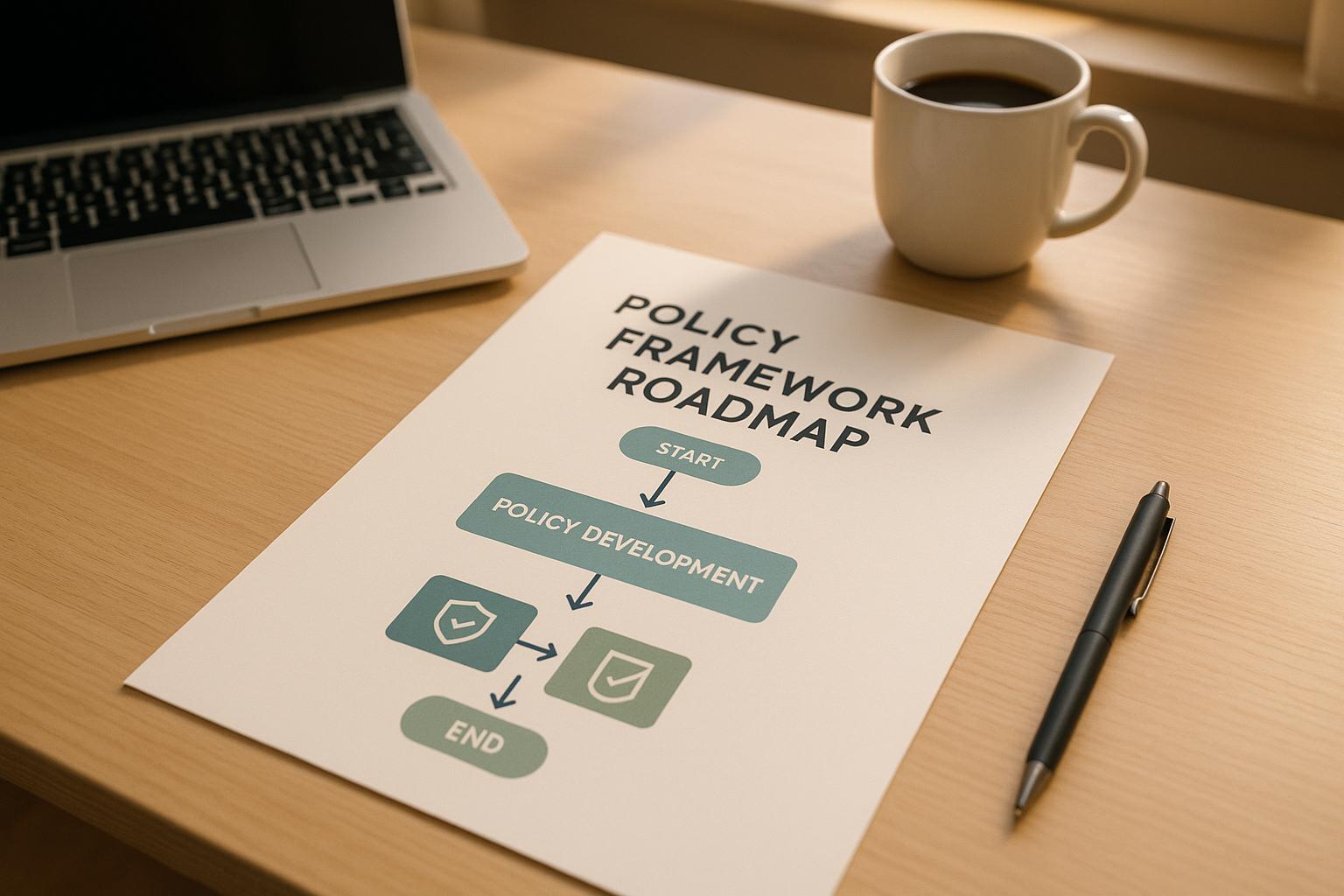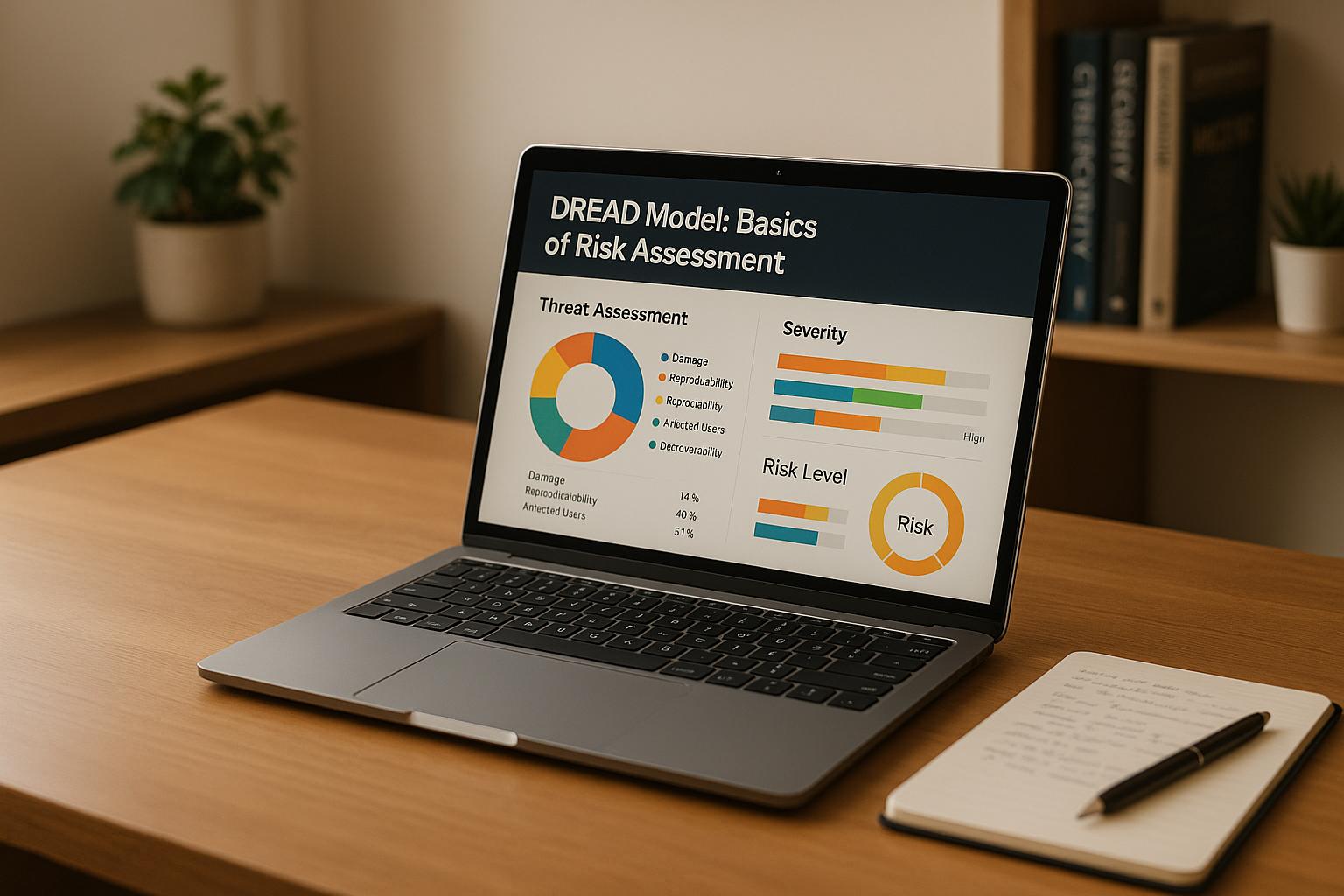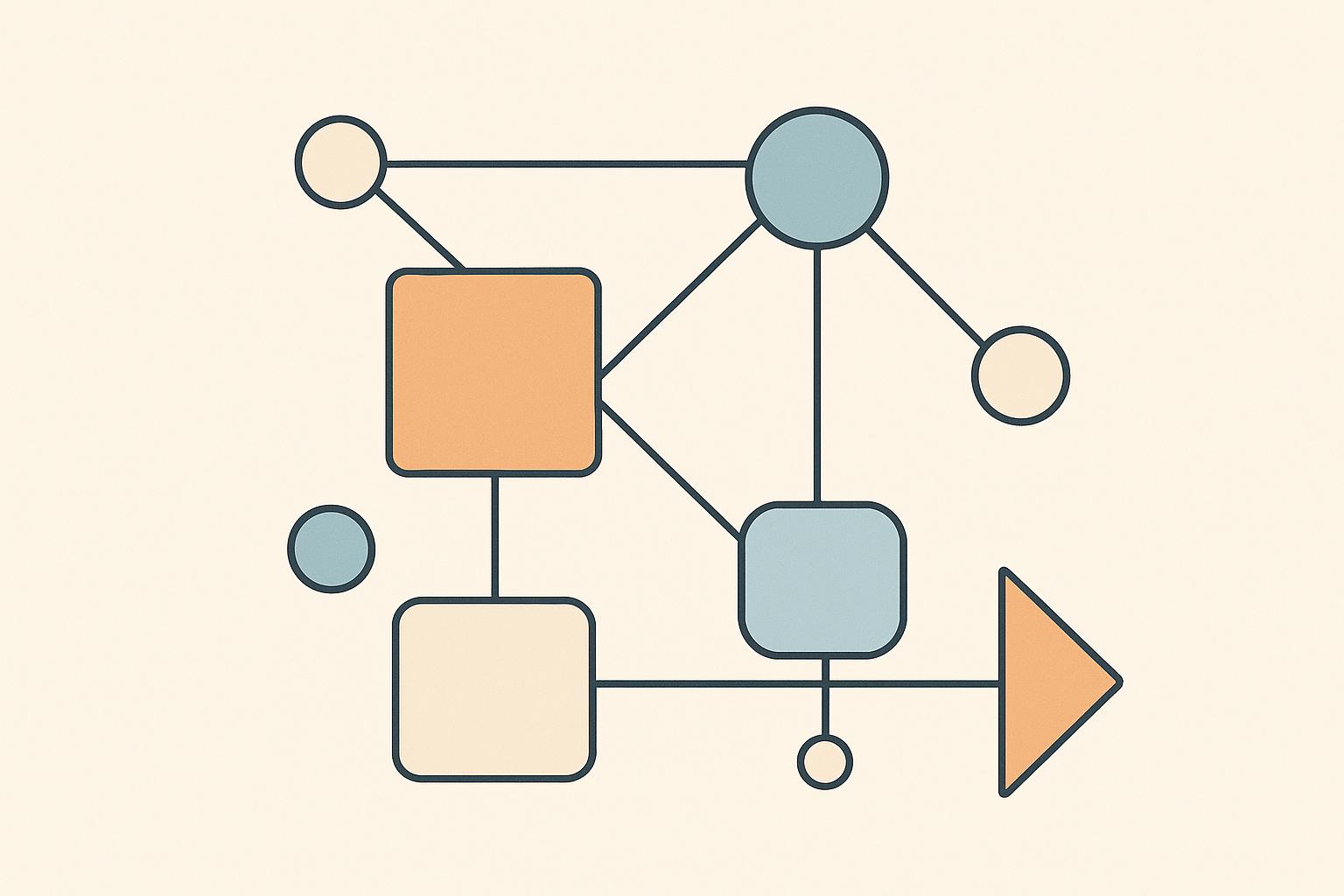
Managing compliance can be a complex task, especially with frameworks like SOC 2, HIPAA, ISO 27001, and GDPR. Automated compliance platforms simplify this process by handling evidence collection, control testing, and real-time monitoring. If Drata isn’t the right fit for your organization, here’s a quick look at five alternatives that cater to different needs:
- Cycore: Offers expert-led compliance management with flexible service tiers and automation features for startups to enterprises.
- SmartSuite: A no-code platform that allows for custom workflows, ideal for teams needing flexibility in compliance processes.
- Hyperproof: Focuses on evidence-based compliance with cross-framework mapping and seamless integrations.
- LogicGate: Supports over 25 frameworks with customizable workflows and strong integration options.
- Scytale: Automates compliance tasks with pre-configured libraries and real-time monitoring.
Quick Comparison
| Platform | Key Features | Frameworks Supported | Pricing Model |
|---|---|---|---|
| Cycore | Expert-led, GRC tools, tailored automation | SOC 2, HIPAA, ISO 27001, GDPR | Custom consultation |
| SmartSuite | Custom workflows, no-code platform | Customizable (no pre-built templates) | Per-user pricing |
| Hyperproof | Evidence automation, cross-framework mapping | SOC 2, ISO 27001, HIPAA, PCI DSS | Free trial + plans |
| LogicGate | Centralized risk management, SCF integration | 25+ frameworks | Custom pricing |
| Scytale | Pre-configured libraries, real-time dashboards | SOC 2, ISO 27001, HIPAA, GDPR | Subscription-based |
Each platform offers unique strengths, from expert guidance to advanced automation. Your choice should align with your compliance needs, operational scale, and budget.
1. Cycore
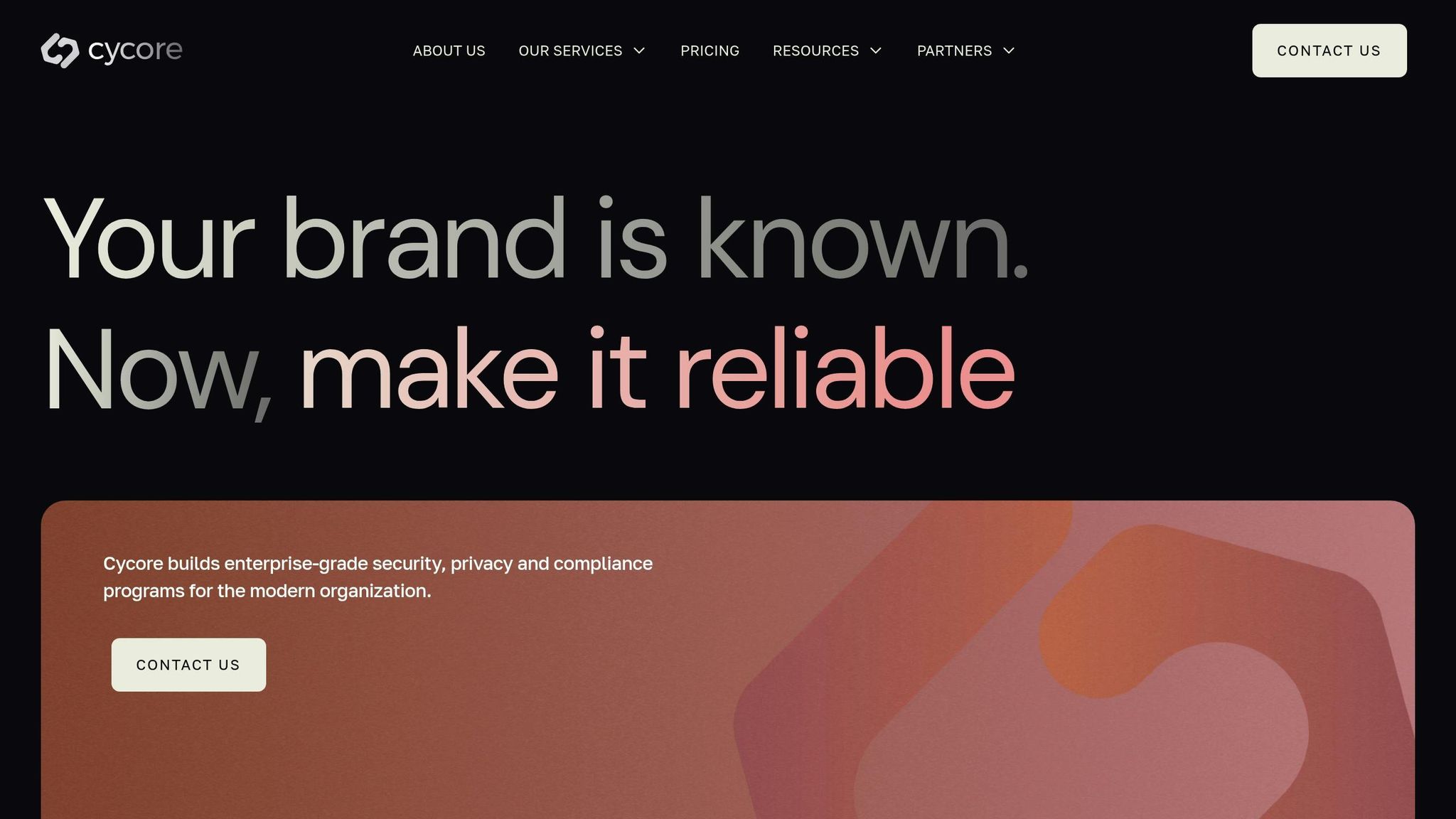
Cycore Secure delivers compliance management with a strong focus on service and expertise. By blending consulting with technology administration, they take charge of routine compliance tasks using well-known GRC tools, allowing businesses to concentrate on their primary operations.
This setup is ideal for companies seeking compliance know-how without the need to hire full-time specialists. Cycore’s team manages the daily compliance workload, leaving clients free to focus on growing their business.
Supported Frameworks
Cycore supports key U.S. compliance frameworks, including SOC 2, HIPAA, ISO 27001, and GDPR. Their service tiers are designed to grow with your business, ranging from single-framework support for startups to multi-framework solutions for larger enterprises.
- The Start-up plan is perfect for smaller businesses, offering coverage for one compliance framework to help them get started.
- The Mid-Market plan expands coverage to multiple frameworks, catering to growing businesses.
- The Enterprise plan provides extensive support across all frameworks, offering a comprehensive solution for large organizations. This tier also lays the groundwork for advanced automation.
Automation Features
Cycore leverages trusted GRC platforms configured for optimal performance. Their automation tools handle tasks like continuous vulnerability management, monthly reporting, and real-time compliance monitoring. Enterprise clients benefit from additional features, including tailored security roadmaps and quarterly penetration testing, ensuring alignment between automated processes and security goals.
Integration Capabilities
Integration options depend on the service tier:
- Start-up plan: Supports one GRC tool.
- Mid-Market plan: Allows up to two GRC tools.
- Enterprise plan: Covers up to four tools, including custom integrations.
All plans include vendor management support, helping organizations incorporate compliance into their third-party relationships seamlessly.
Pricing
Cycore offers flexible pricing tailored to each organization’s needs. Their three-tier structure - Start-up, Mid-Market, and Enterprise - combines services like vCISO support, vDPO assistance, and GRC tool management. Pricing is consultation-based, so businesses can contact Cycore for a customized package that fits their specific requirements.
2. SmartSuite
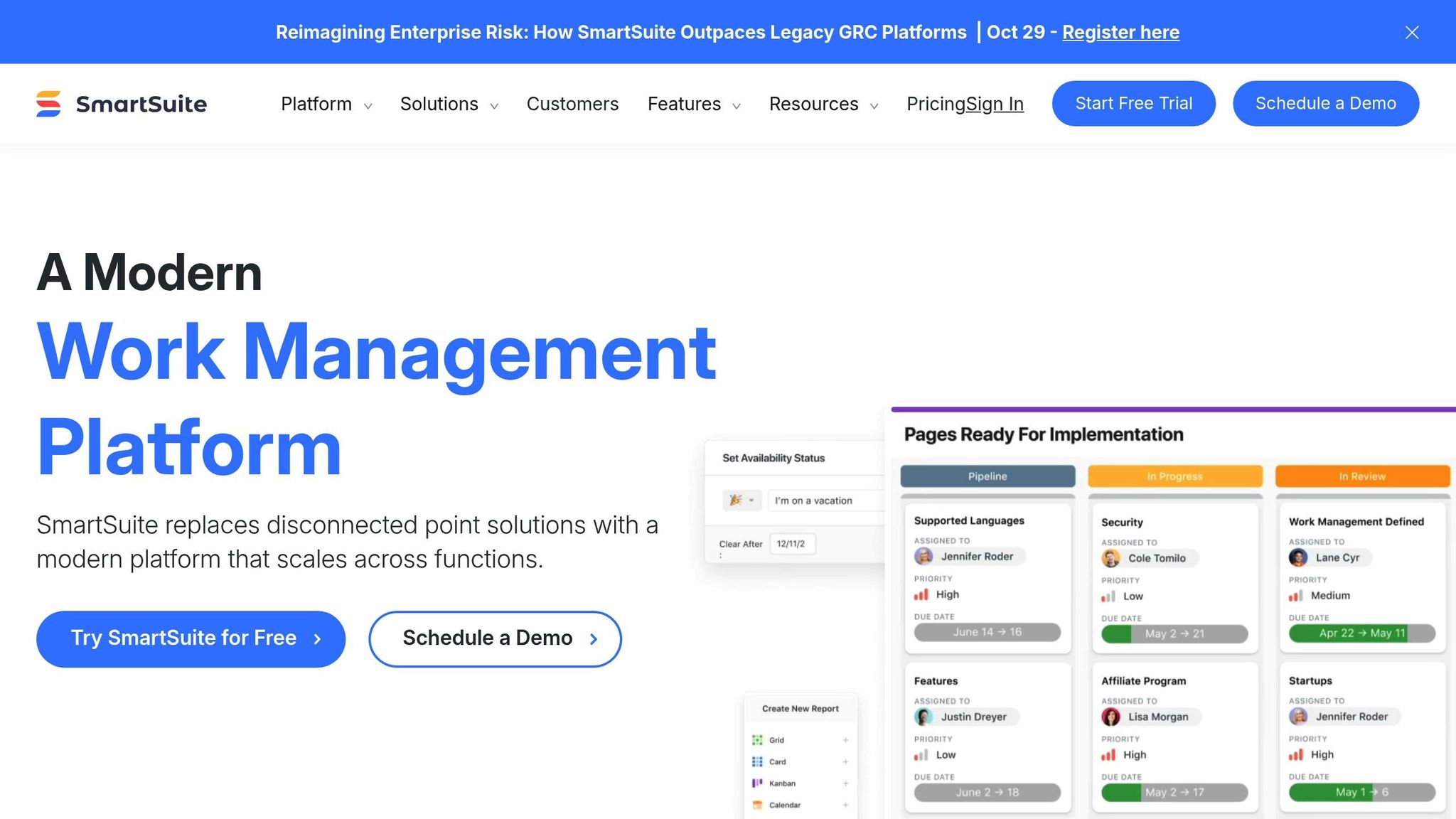
SmartSuite is a work management platform that incorporates compliance tracking into its broader suite of tools. Unlike platforms dedicated solely to governance, risk, and compliance (GRC), SmartSuite combines workflow automation with compliance monitoring, making it versatile for organizations juggling various regulatory needs.
One standout feature is its no-code platform, which allows compliance teams to create custom workflows without needing programming skills. This makes it especially useful for businesses that frequently adjust their compliance processes or handle unique regulatory demands that standard templates don’t address.
Supported Frameworks
Rather than offering pre-configured templates for frameworks like SOC 2 or ISO 27001, SmartSuite provides the tools to build custom compliance workflows. Using features like form builders, automated workflows, and tracking capabilities, organizations can tailor frameworks to their specific internal requirements.
This flexibility is ideal for companies managing internal compliance standards or less common regulations. However, businesses needing ready-made templates for frameworks like SOC 2 or HIPAA will need to either build them within the platform or consult experts.
The platform excels in cross-functional compliance management, enabling teams to oversee compliance tasks alongside other business operations. This creates a unified view of organizational requirements, which is particularly helpful for projects involving multiple departments.
Automation Features
SmartSuite’s automation engine is designed for workflow orchestration, focusing on tasks like assigning responsibilities, setting deadlines, and managing approvals. Conditional logic can trigger notifications or remediation actions when specific thresholds are met, streamlining compliance processes.
For reporting, the platform offers dashboard capabilities that provide real-time insights into compliance progress. However, these dashboards require manual setup to align with specific regulatory metrics. Users can define the key metrics that matter most to their compliance efforts, enabling tailored status updates and progress reports.
Integration Capabilities
SmartSuite supports API connectivity and integrates with popular tools like Slack, Microsoft Teams, and Google Workspace. While these integrations enhance general business workflows, the platform lacks native connections to specialized security tools often used in compliance programs.
It simplifies data migration with features like spreadsheet imports and database connections. Additionally, its Zapier integration expands connectivity to thousands of applications, offering even more flexibility.
Custom field mapping allows users to structure compliance data to fit their needs, but this customization requires careful attention to maintain data accuracy and consistency across integrations.
Pricing
SmartSuite operates on a per-user pricing model, starting at $10 per user per month for the Team plan. The Business plan, priced at $20 per user per month, includes advanced automation features and extra storage. For larger organizations, Enterprise pricing is available through custom quotes tailored to specific needs.
The platform’s pricing remains consistent regardless of the number of compliance processes being managed. However, the absence of specialized compliance features may necessitate additional tools or services to address specific gaps.
Discounts are available for annual subscriptions, and SmartSuite offers a free trial period, allowing organizations to test its capabilities before committing to a paid plan.
3. Hyperproof
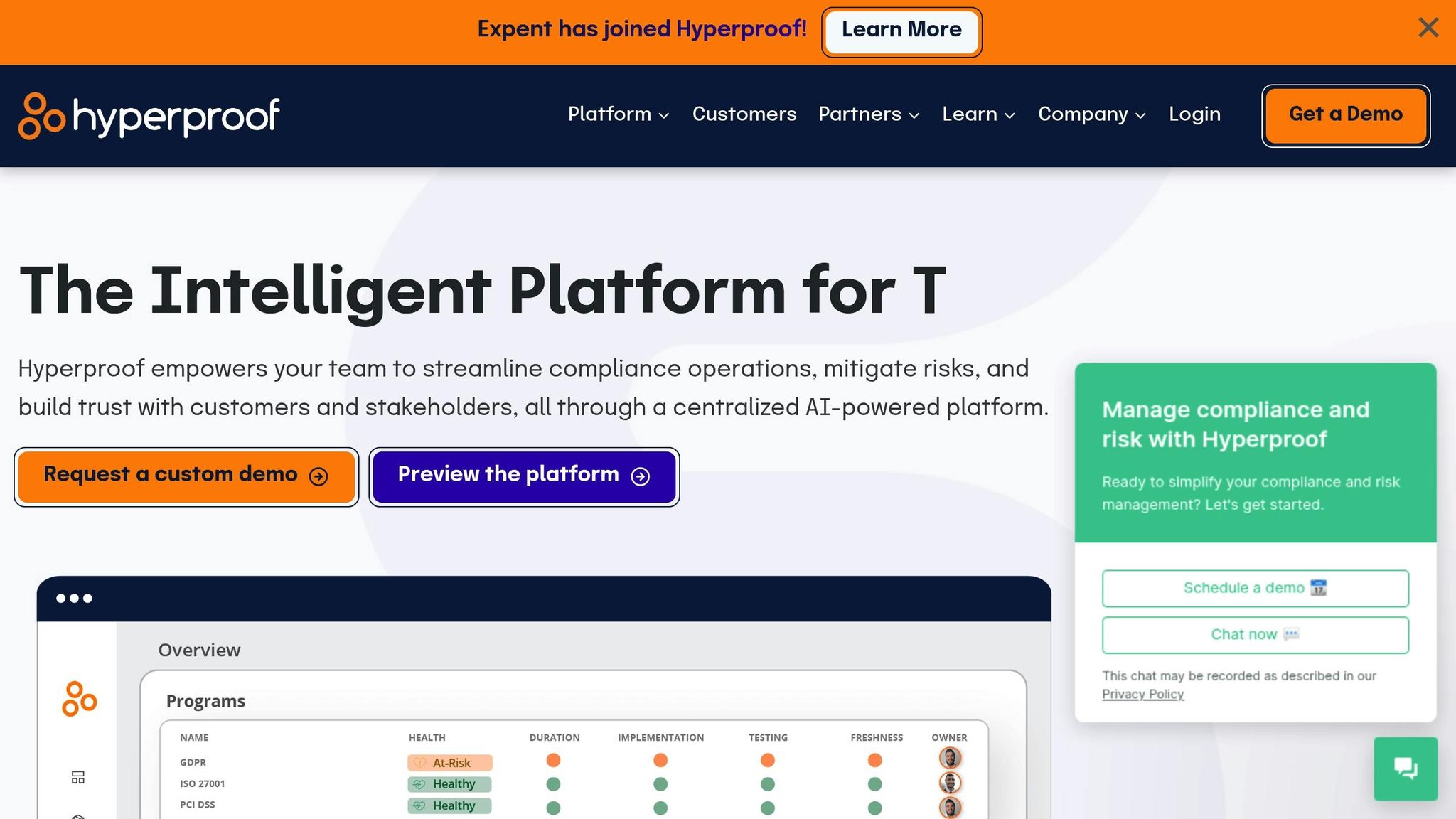
Hyperproof is a compliance platform designed to help teams efficiently manage multiple frameworks. By focusing on evidence-based compliance, the platform simplifies maintaining audit trails and documentation by automatically linking evidence to specific control requirements. This reduces the manual effort often associated with compliance management.
Supported Frameworks
Hyperproof comes with pre-built templates for widely used compliance frameworks, including SOC 2, ISO 27001, HIPAA, PCI DSS, and the NIST Cybersecurity Framework. One standout feature is its cross-framework mapping, which identifies overlapping controls across different standards. This means a single piece of evidence can often satisfy multiple requirements. Organizations can also customize these templates or create entirely new programs to align with their unique regulatory or internal needs, making compliance smoother and more efficient.
Automation Features
One of Hyperproof's strengths is its ability to automate evidence collection and related workflows. It connects to various systems to gather evidence automatically, schedules recurring tasks, and sends reminders for expiring documentation. Its risk scoring feature evaluates the quality of evidence and the effectiveness of controls, triggering remediation workflows when necessary. Additionally, the platform generates compliance dashboards and audit-ready reports, making audit preparation a much simpler process.
Integration Capabilities
Hyperproof integrates seamlessly with popular tools like AWS, Microsoft Azure, Okta, Jira, and ServiceNow. Its API-first design also allows for custom integrations, making it compatible with specialized or legacy systems. To enhance security, Hyperproof supports single sign-on and robust role-based access controls, ensuring streamlined user management without compromising security.
Pricing
Hyperproof offers a range of pricing plans to suit teams of different sizes and compliance needs. Whether you're a small team or a large enterprise requiring advanced customization and support, there's a plan available. For those interested, Hyperproof provides a free trial, allowing users to explore its features before committing.
4. LogicGate
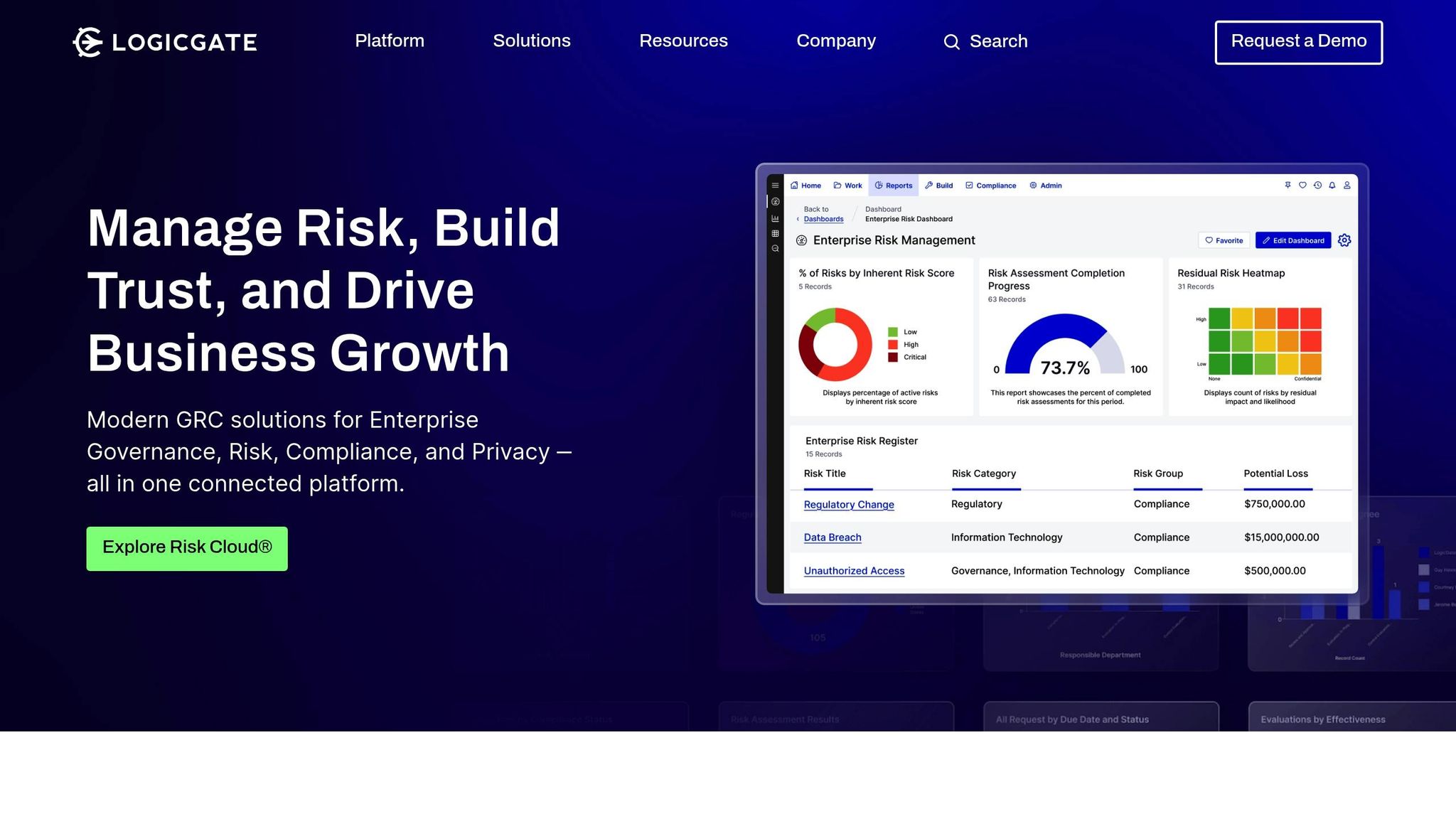
LogicGate Risk Cloud is a platform designed to simplify governance, risk, and compliance processes. It centralizes compliance tasks while allowing organizations to customize workflows to meet their unique requirements.
Supported Frameworks
LogicGate Risk Cloud supports more than 25 regulatory frameworks, including SOC 2 TSC, ISO 27001-2, HIPAA, and GDPR. Its cross-mapping and assessment tools streamline compliance efforts by removing redundant evaluations and pinpointing gaps or overlaps using predefined mappings. The platform’s integration with the Secure Controls Framework (SCF) adds another layer of efficiency. SCF provides a unified control library and automates the mapping of SCF controls to regulations like GDPR, HIPAA, and ISO, making compliance management much more straightforward.
Automation Features
The platform’s Controls Compliance Application automates key tasks such as documenting controls, gathering evidence, conducting tests, and generating reports. These features simplify audit preparation and help maintain effective controls. Additionally, the Regulatory Compliance Solution includes content specifically tailored to support compliance with GDPR, CCPA, and HIPAA regulations.
Integration Capabilities
LogicGate Risk Cloud also stands out for its integration options, which complement its automation features. The platform centralizes data and simplifies audits through no-code integrations with tools like Jira, Slack, and Microsoft 365, as well as through Risk Cloud Connectors and custom integration services. Moreover, the Evidence Sources feature within the Controls Compliance Application includes pre-built integrations that automate control audits for various systems, further reducing manual effort.
sbb-itb-ec1727d
5. Scytale
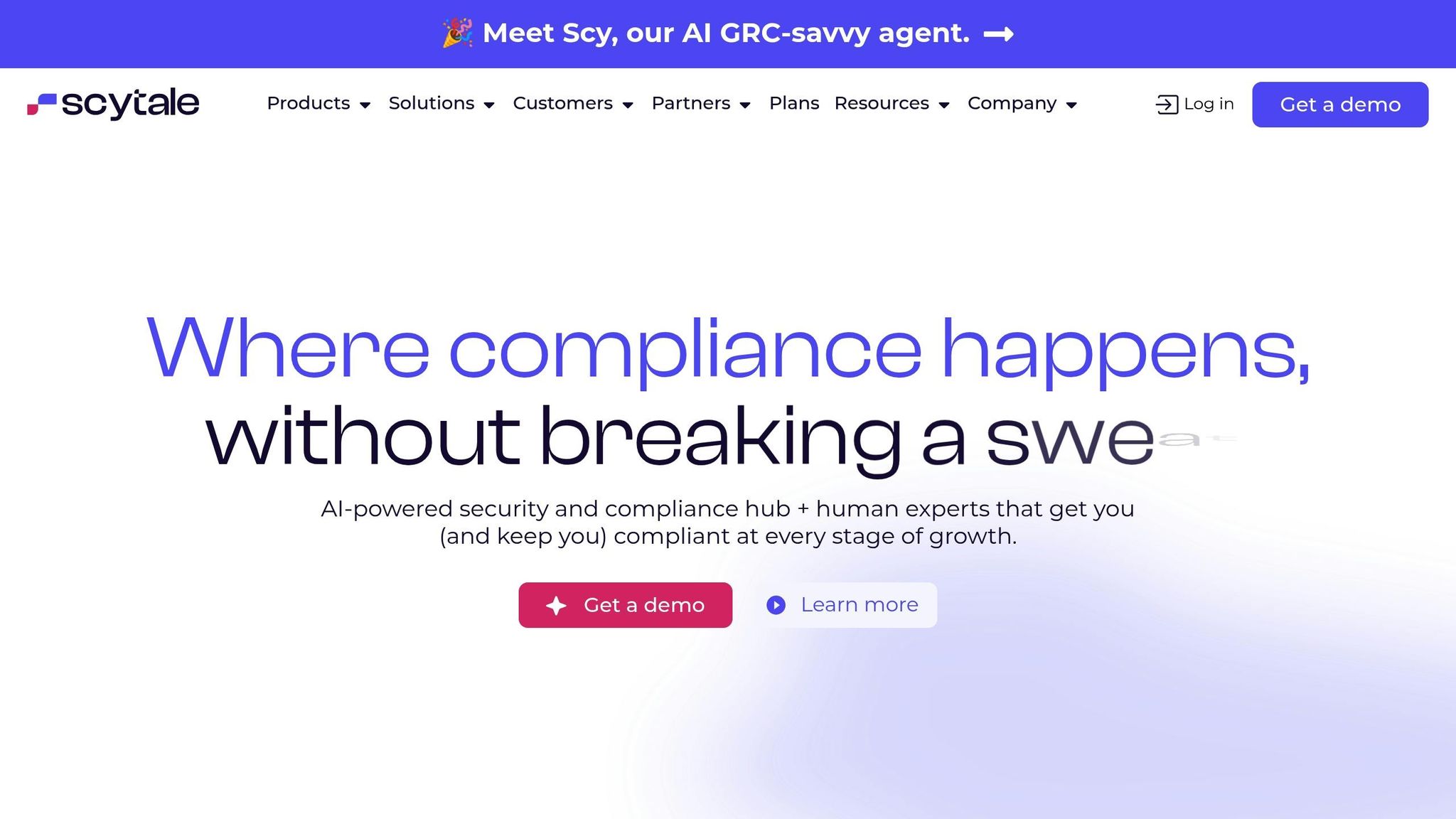
Scytale brings a streamlined approach to compliance automation, focusing on simplifying processes and enhancing efficiency. With its automation-driven design, Scytale helps organizations reduce manual workloads while ensuring they meet critical compliance standards. The platform is built to minimize administrative effort without compromising on robust compliance features.
Supported Frameworks
Scytale supports key compliance frameworks like SOC 2, ISO 27001, HIPAA, and GDPR. It comes equipped with pre-configured control libraries tailored to each framework's requirements, cutting down setup time and ensuring precise implementation. These frameworks can also be adjusted to fit an organization's specific operational needs while staying aligned with regulatory standards.
Automation Features
Scytale automates time-consuming tasks like evidence collection, control testing, and compliance monitoring. Its continuous scanning and assessment tools ensure potential compliance gaps are flagged early. Automated workflows handle task delegation, track deadlines, and generate progress reports. Meanwhile, real-time dashboards offer a clear view of compliance across all frameworks, making audit preparation and ongoing management much easier.
Integration Capabilities
The platform integrates seamlessly with major cloud providers such as AWS, Google Cloud, and Microsoft Azure, as well as security tools like Okta and Splunk. It also supports API-based integrations for custom setups and provides ready-to-use connectors for popular business applications. Features like single sign-on and role-based access controls enhance security and simplify user management across systems.
Pricing
Scytale uses a subscription model with pricing tailored to the size of the organization and its compliance needs. The pricing structure is straightforward, with no hidden fees, and organizations can request custom quotes based on the number of users and frameworks they require. A trial period is available, allowing businesses to explore the platform’s features before making a commitment.
These features provide a solid foundation for the next section, where we’ll explore the advantages and limitations of each platform.
Comparison: Pros and Cons
When it comes to choosing a compliance management platform, the decision often boils down to finding the right balance between expert guidance and automation. For example, Cycore Secure stands out by offering outsourced services for security, privacy, and compliance. It helps organizations tackle frameworks like SOC 2, HIPAA, ISO 27001, and GDPR by providing direct access to expert guidance. On the flip side, some platforms lean heavily on automation, offering a different approach to managing compliance needs.
Let’s take a closer look at how various platforms approach compliance:
- SmartSuite: Known for its no-code workflow customization, this platform allows users to tailor processes to their specific needs without requiring technical expertise.
- Hyperproof: Focuses on evidence-based compliance and offers cross-framework mapping, making it easier to manage multiple regulatory requirements simultaneously.
- LogicGate: Offers a broad approach to risk management, supporting over 25 regulatory frameworks to address diverse compliance challenges.
- Scytale: Specializes in automation, featuring continuous monitoring to simplify compliance processes.
For the most accurate and up-to-date details on features and pricing, it’s always a good idea to check directly with each vendor. This comparison highlights how these platforms tackle different compliance challenges, helping organizations choose solutions that align with their operational goals and regulatory demands.
Conclusion
Selecting the right compliance solution boils down to your organization's specific needs, available resources, and regulatory requirements. The five options discussed each bring distinct advantages that cater to various business models and compliance approaches.
For companies seeking expert guidance, Cycore Secure offers outsourced services with seasoned virtual CISOs and data protection officers, providing hands-on assistance for frameworks like SOC 2, HIPAA, ISO 27001, and GDPR. This option is especially useful for businesses without in-house compliance expertise or those looking to focus on their core operations.
If flexibility is a priority, SmartSuite delivers customizable workflows that suit teams aiming to build tailored compliance processes. Hyperproof, on the other hand, is ideal for managing multiple regulatory frameworks at once, making it a go-to for organizations juggling diverse requirements. For larger enterprises or those in heavily regulated sectors, LogicGate offers a comprehensive solution to tackle a wide range of compliance challenges. Lastly, Scytale shines with its focus on automation and continuous monitoring, simplifying compliance tasks for teams eager to streamline their operations.
Each platform brings something different to the table, whether it's expert support, custom workflows, or advanced automation. To make the best choice, assess your organization's compliance maturity and operational priorities. Don’t forget to confirm current pricing and features directly with vendors, as offerings can shift quickly in this dynamic field.
FAQs
What factors should I consider when choosing the right compliance platform for my organization?
Choosing the right compliance platform begins with understanding your organization's specific regulatory requirements. Whether you're dealing with SOC 2, ISO 27001, HIPAA, or GDPR, it's essential to find a solution tailored to your industry’s standards. A key feature to look for is automation - platforms that simplify evidence collection, continuous monitoring, and audit preparation can save valuable time and reduce labor-intensive tasks.
It's equally important to ensure the platform integrates seamlessly with your existing tools, like cloud services or security software. Growth potential matters, too; opt for a solution that can scale alongside your business, whether you're just starting out or managing a large enterprise. Lastly, choose a platform that offers customization to meet your specific compliance needs and address industry-specific regulations effectively.
What’s the difference between platforms with ready-made templates and those that let you create custom workflows?
Platforms offering ready-made templates are perfect for organizations looking for a quick and easy compliance solution. These templates are designed to address standard compliance requirements, making them a time-saver for teams that are new to navigating regulatory frameworks. Plus, they’re user-friendly, so you can get started without dealing with a steep learning curve.
In contrast, platforms that support custom workflow creation give you the freedom to tailor processes to your organization’s specific needs and risks. This option offers greater control, but it does come with a trade-off: you’ll need to invest more time and effort upfront to set everything up in a way that aligns with your unique compliance objectives.
Ultimately, the choice boils down to what your organization values more - speed and simplicity or the ability to customize and fine-tune your processes.
What should I consider when comparing the pricing of compliance management tools?
When looking at the pricing of compliance management tools, it's essential to weigh a few key factors to make the right decision for your organization. Start by examining the pricing structure. Many platforms operate on subscription models, typically billed per user each month. Others might offer one-time payment options or tailor-made pricing plans. Tiered packages with different levels of features are also a common approach.
Next, think about the total cost. Beyond the subscription fee, there could be setup charges, training costs, or extra fees for premium features, integrations, or ongoing maintenance. Some tools might also charge for services like data migration or keeping up with regulatory updates.
Lastly, assess the value and scalability of the tool. Make sure it not only fits your current needs but can also grow with your organization and handle any future compliance challenges that come your way.




